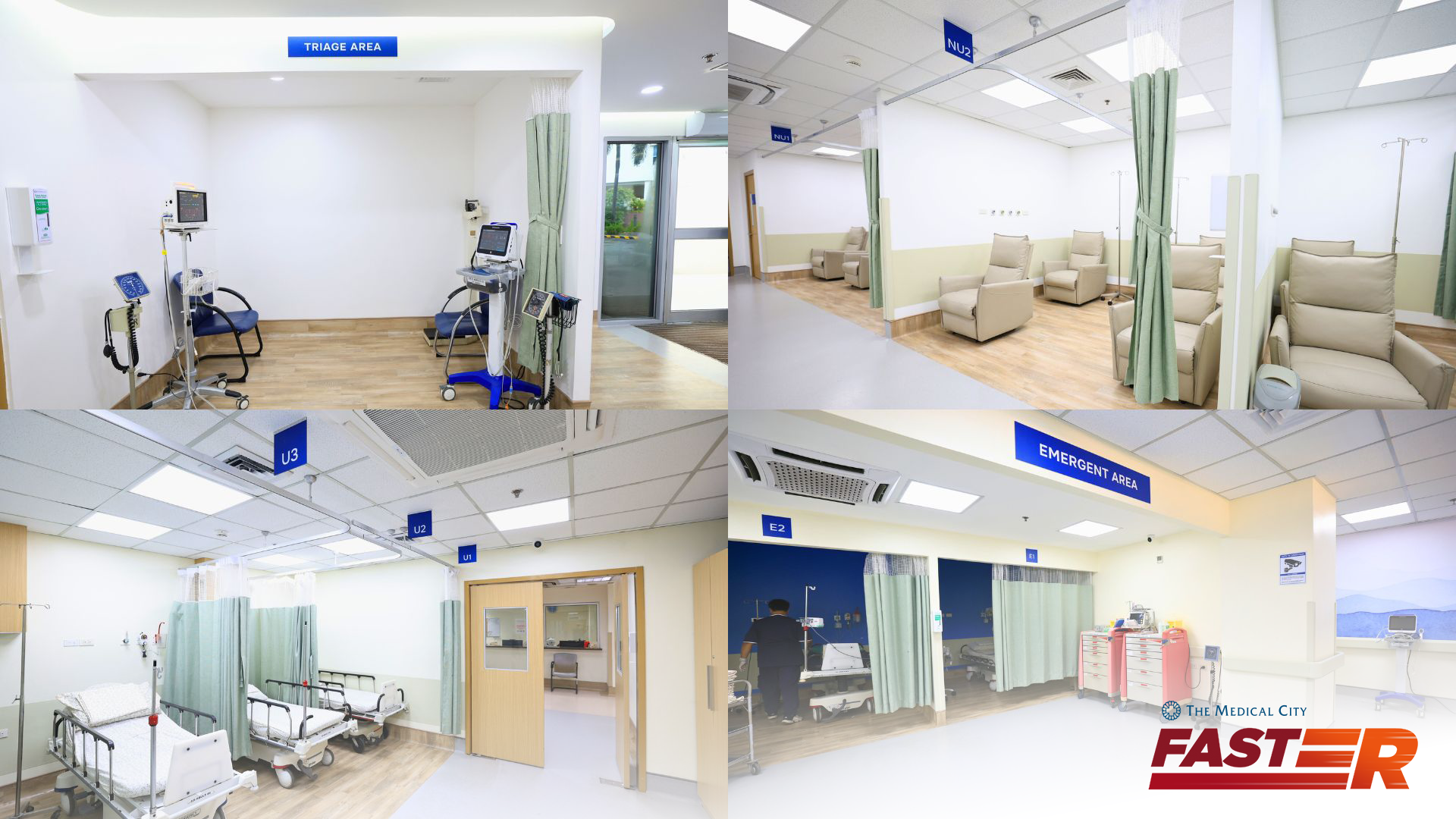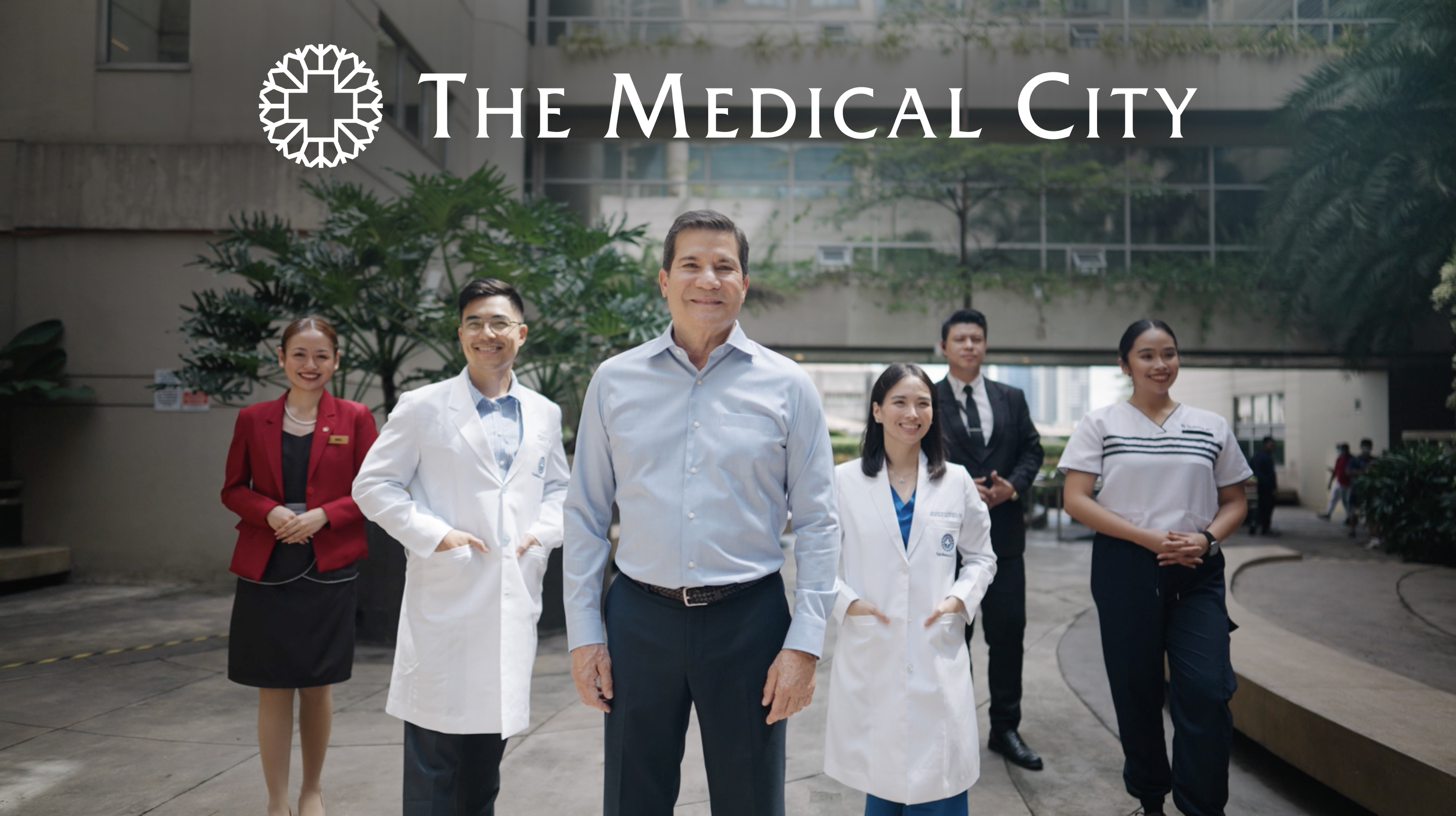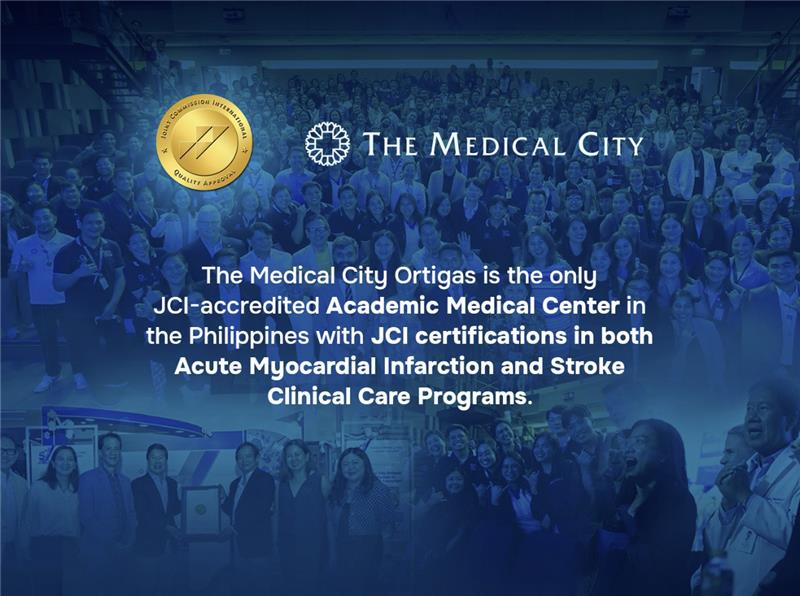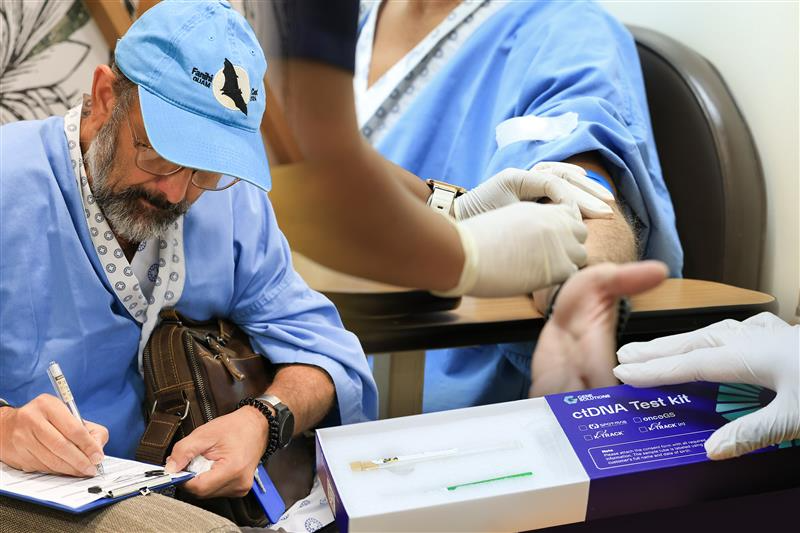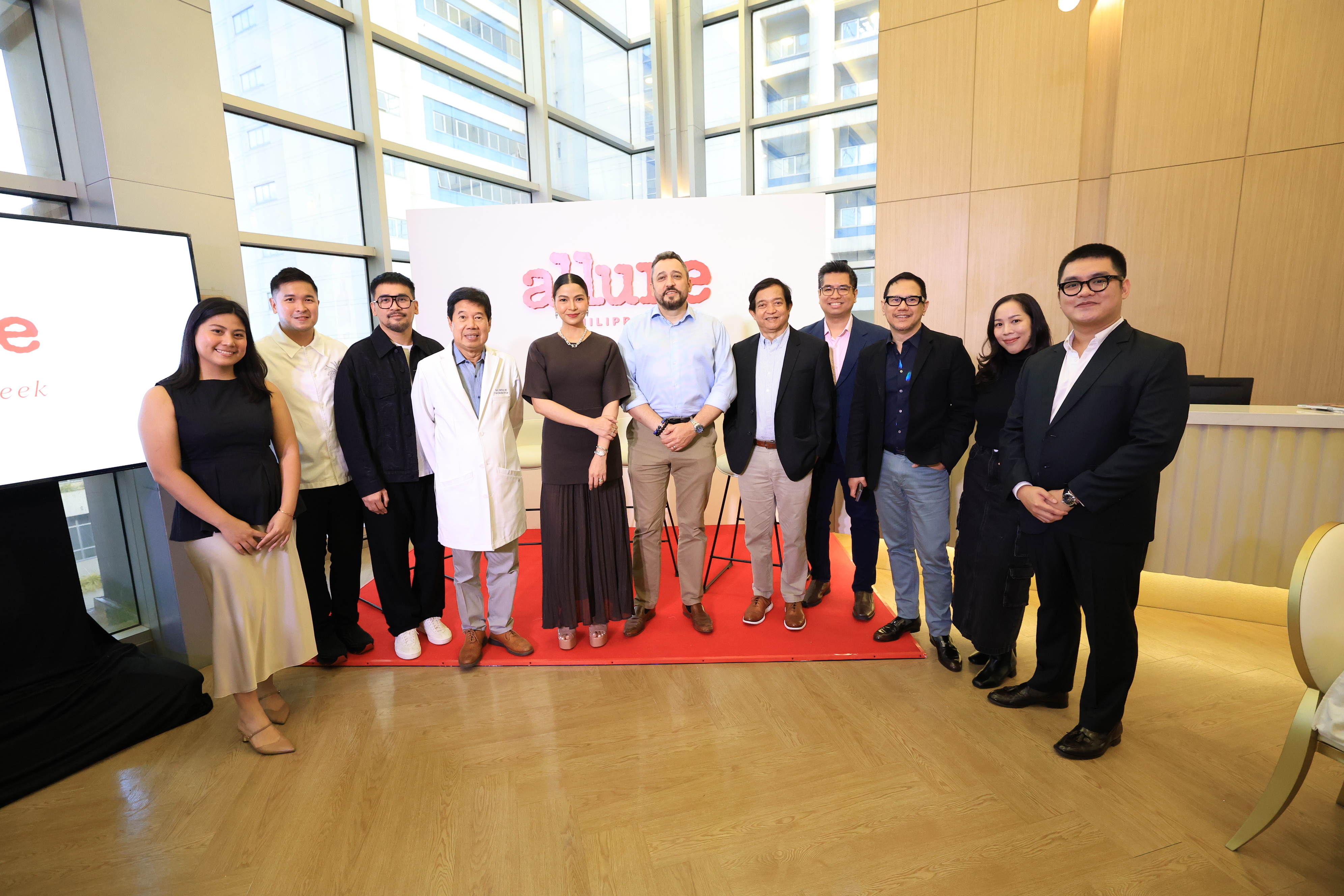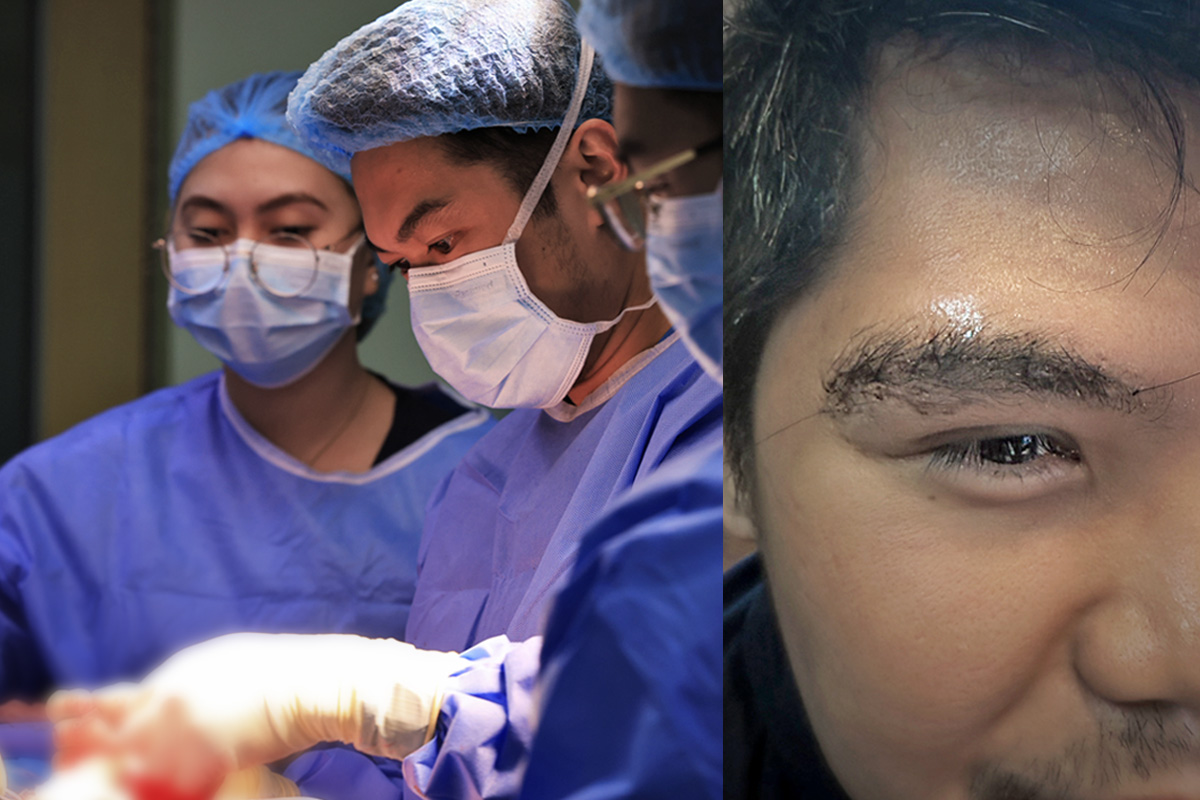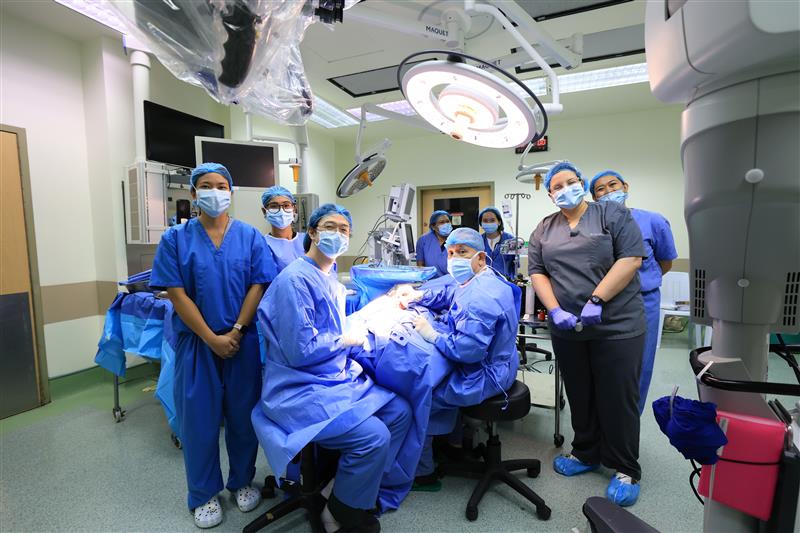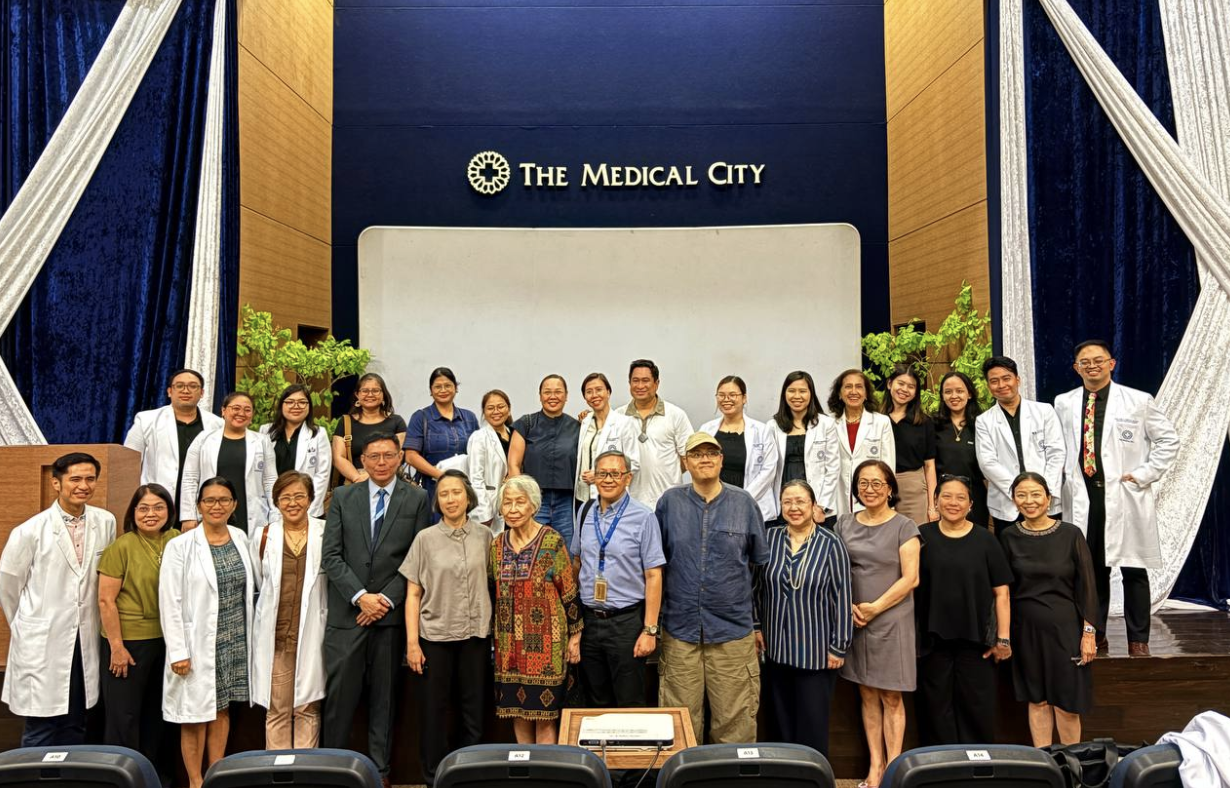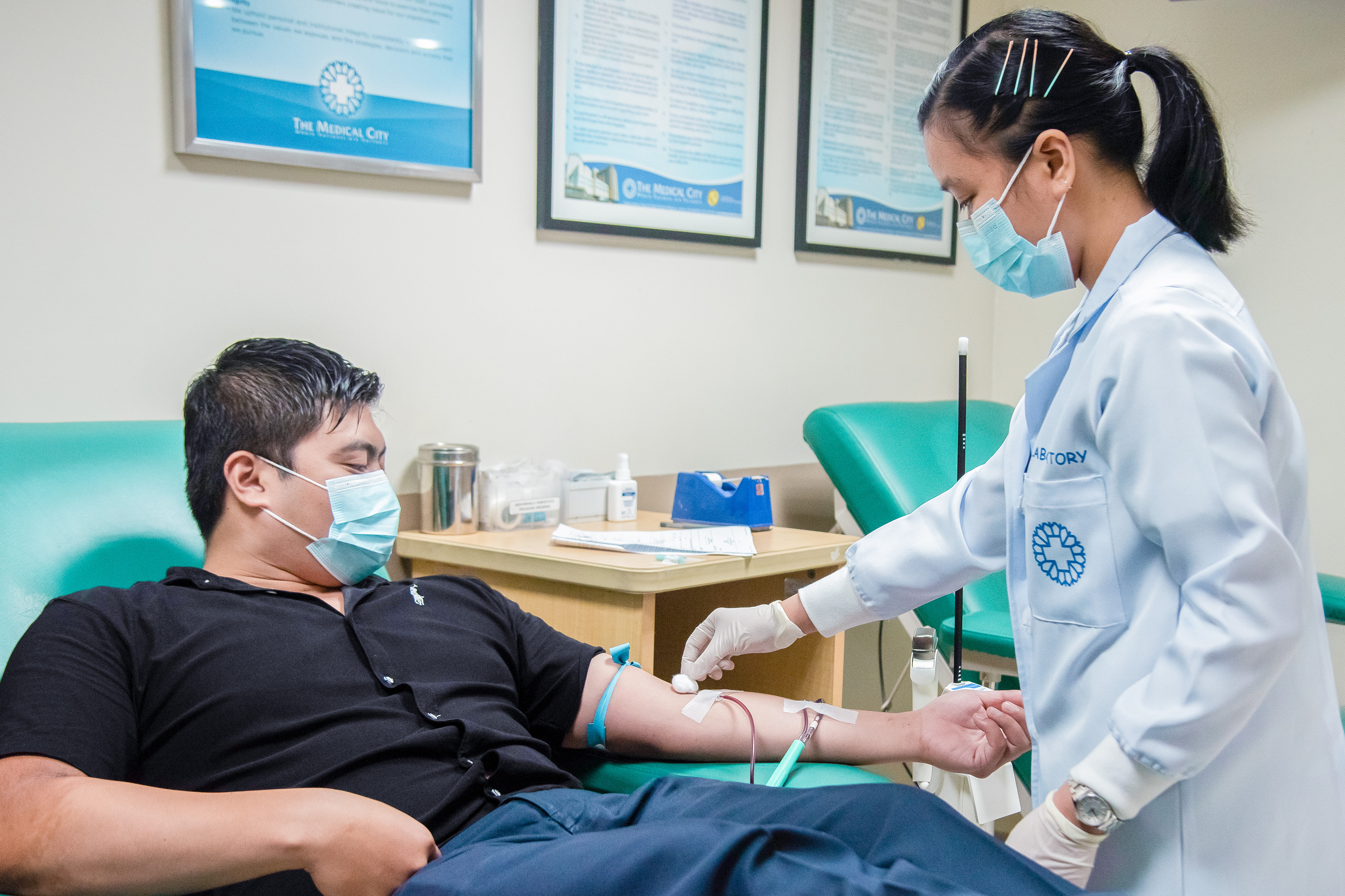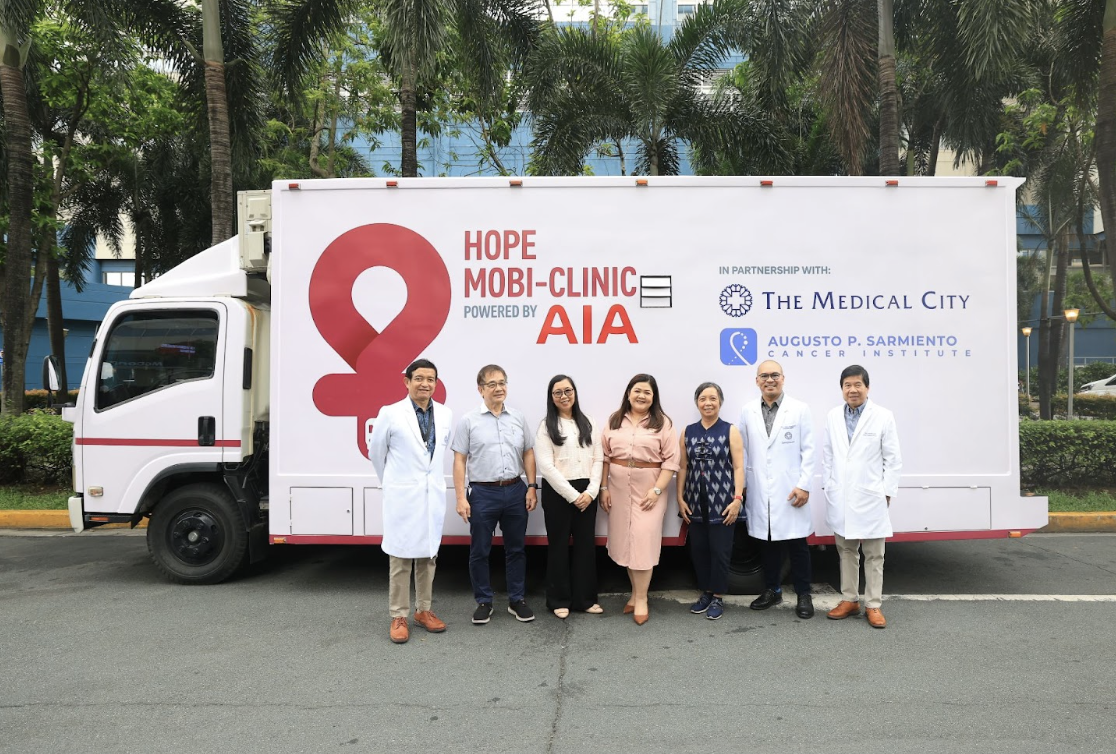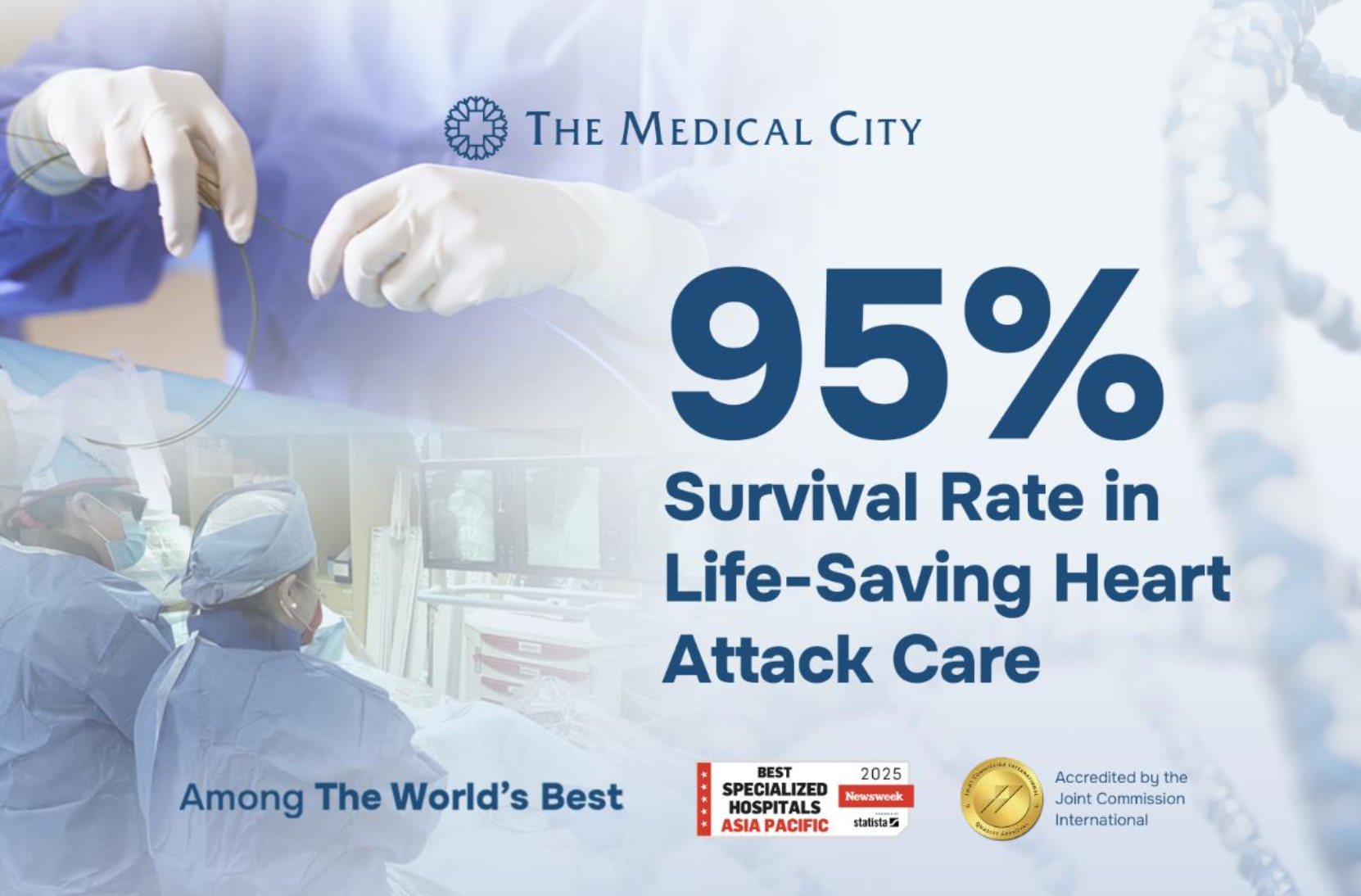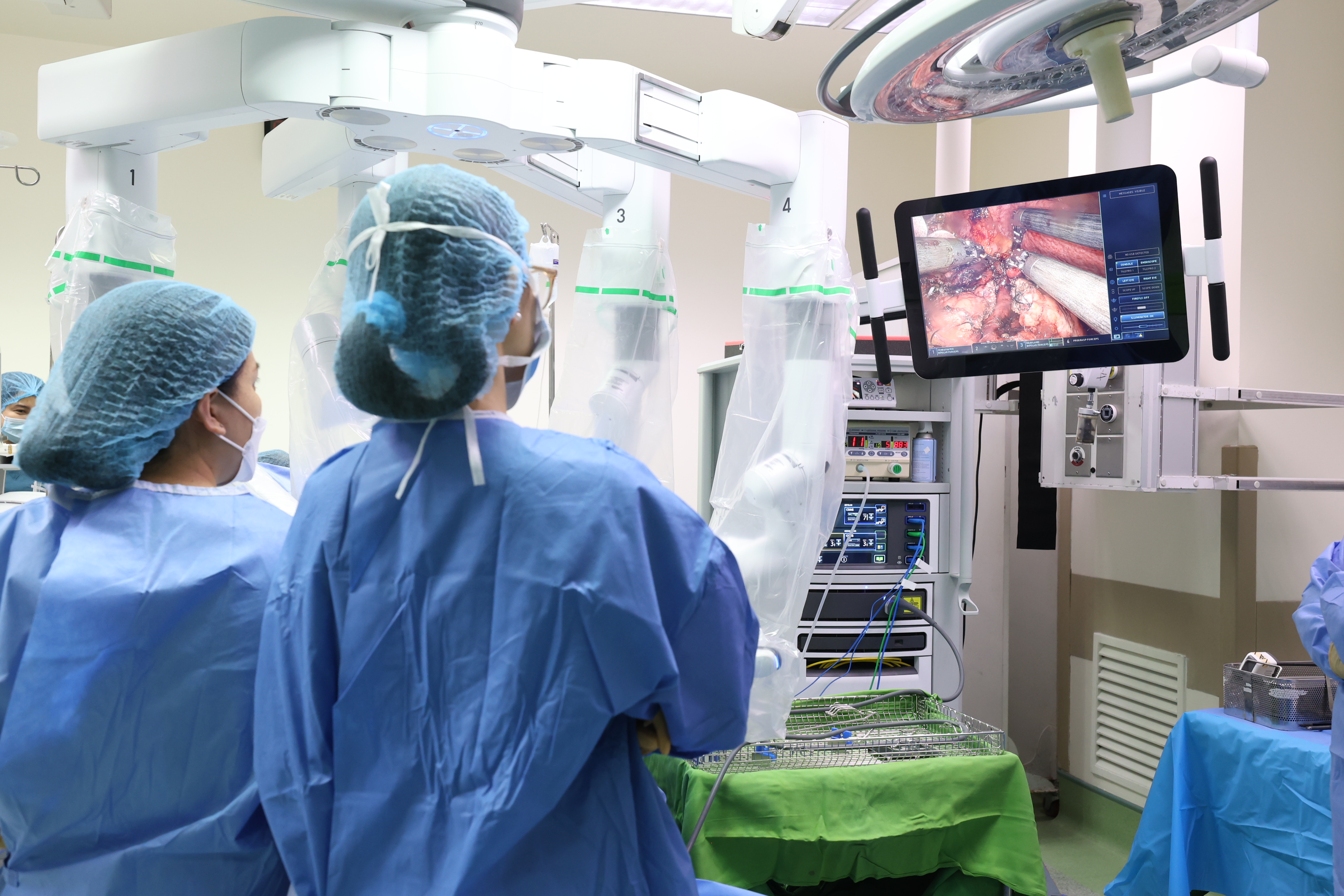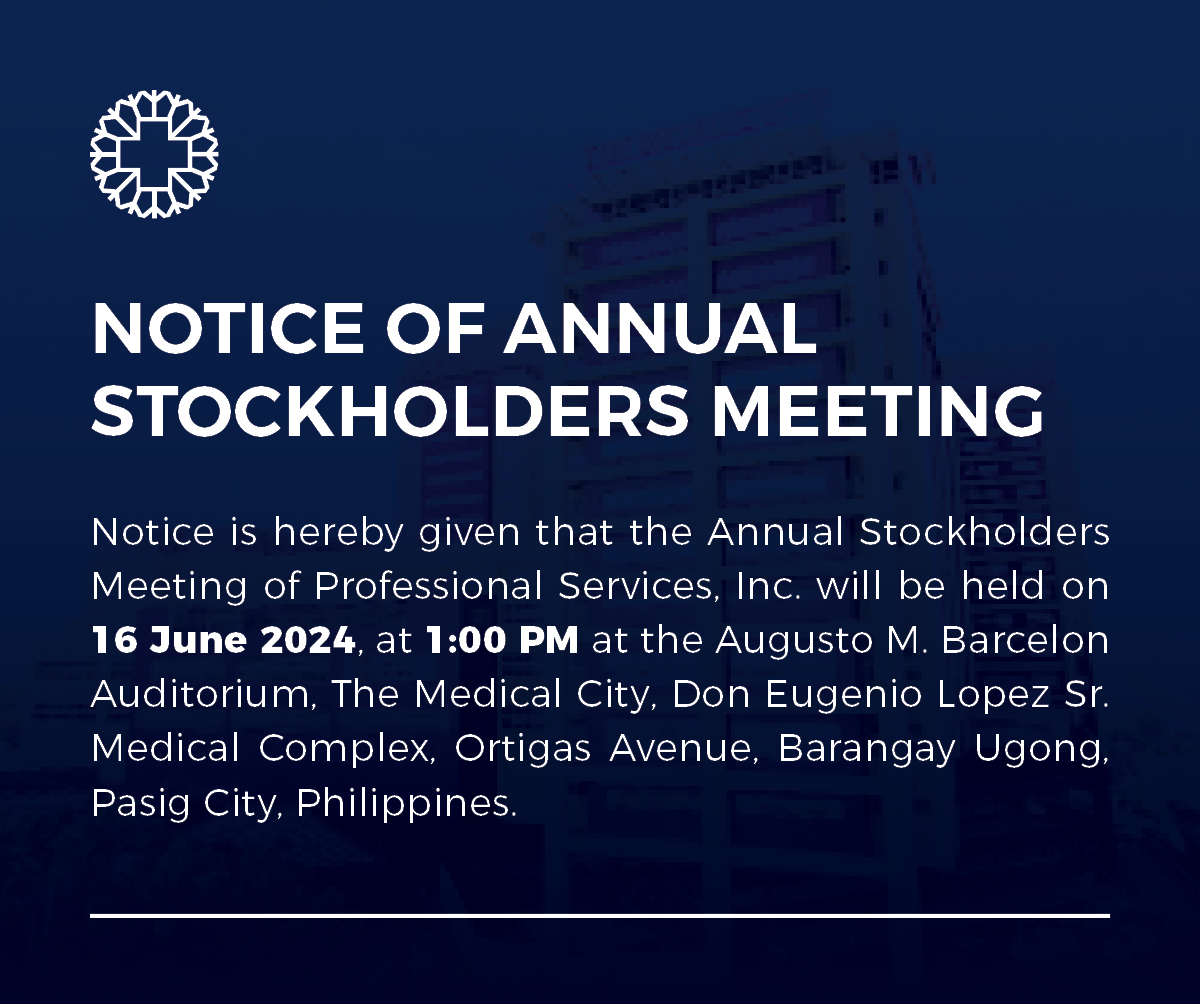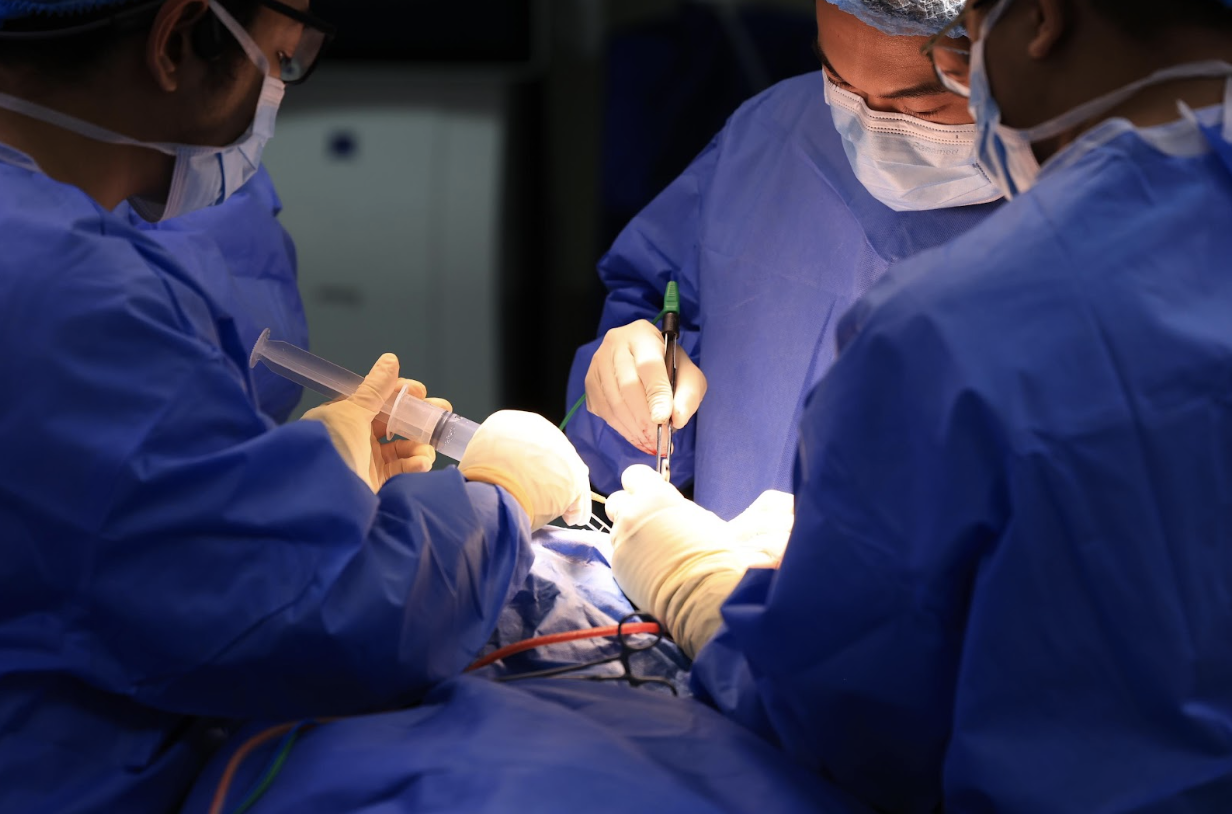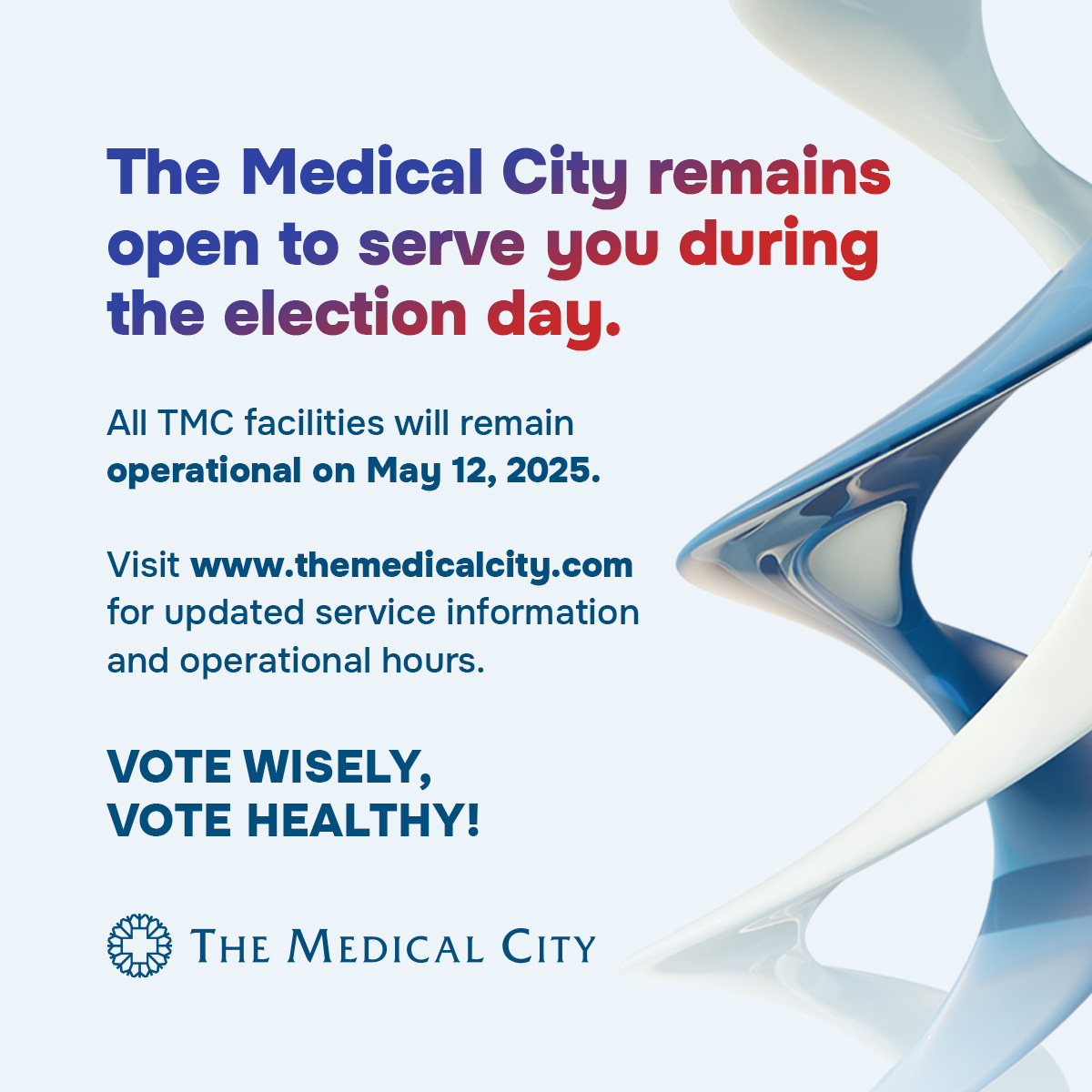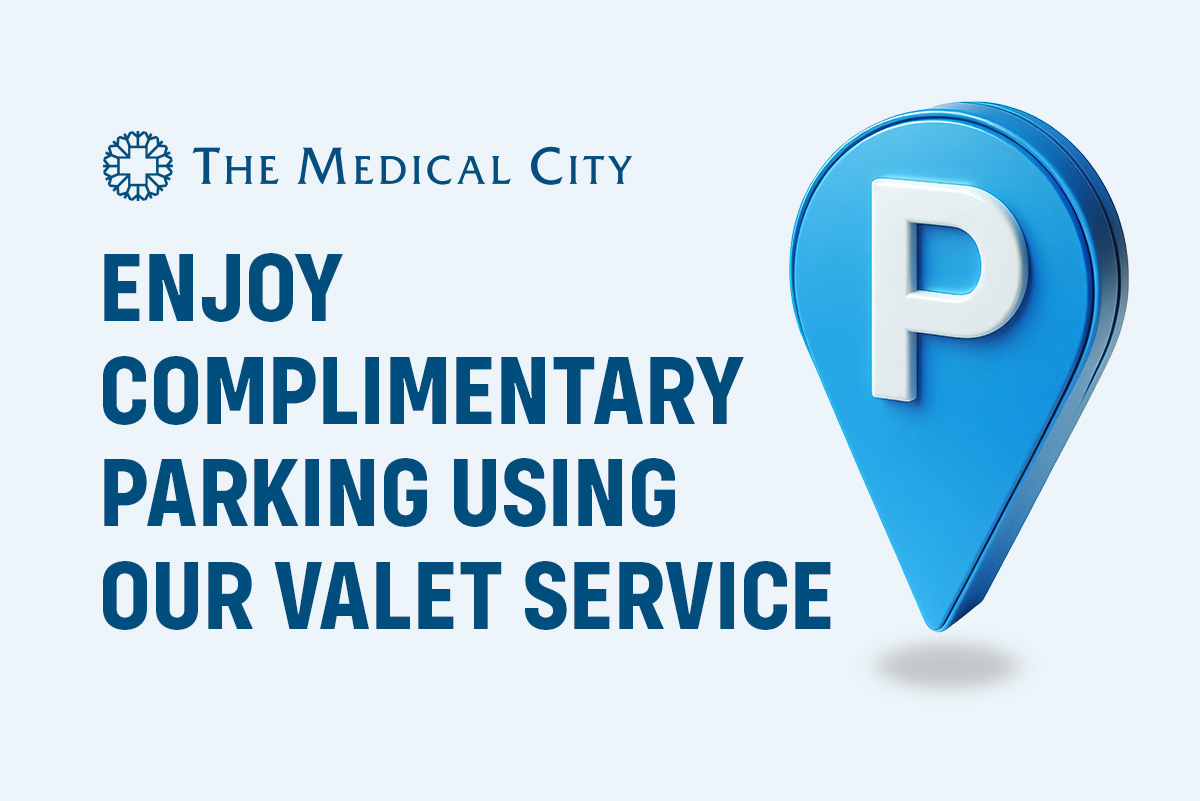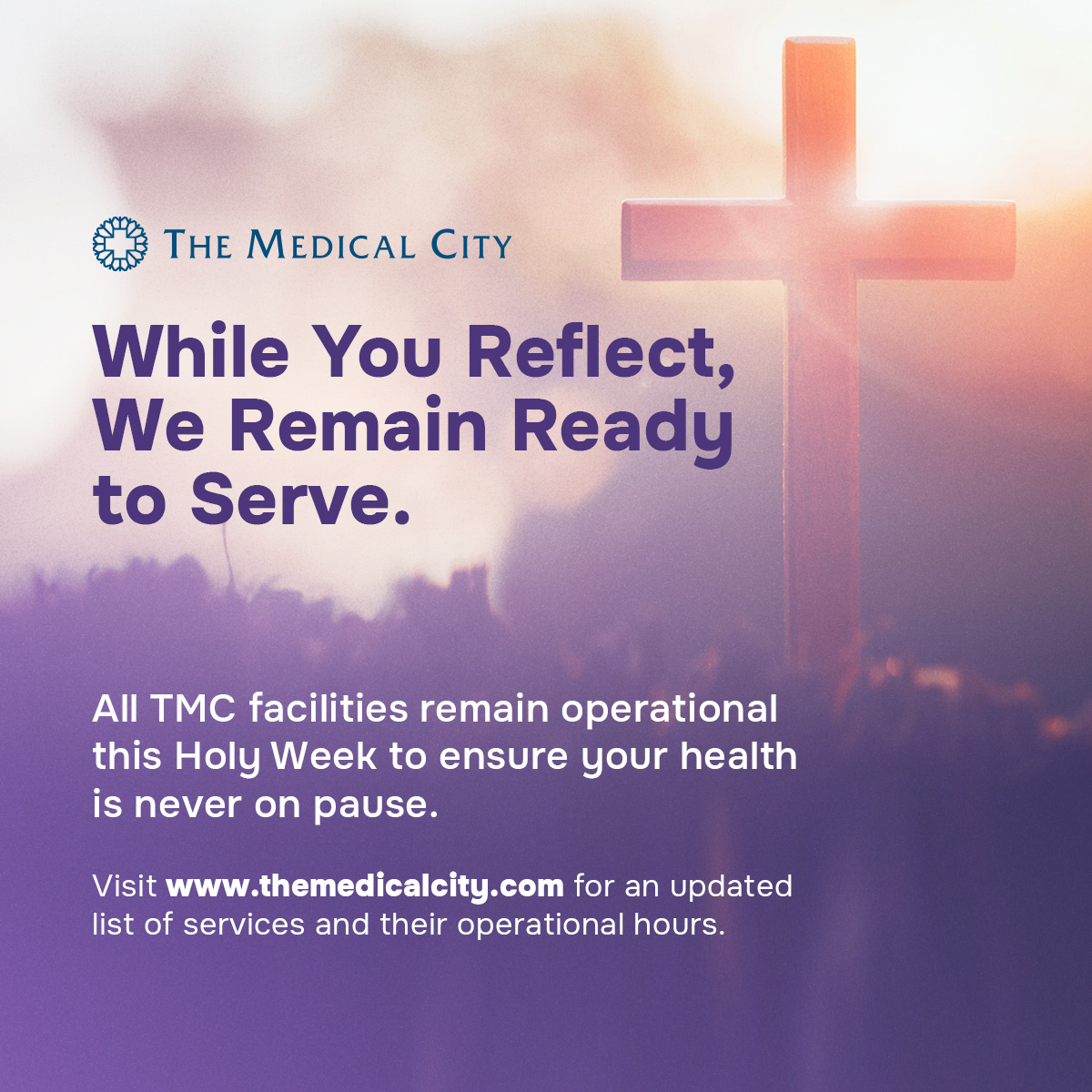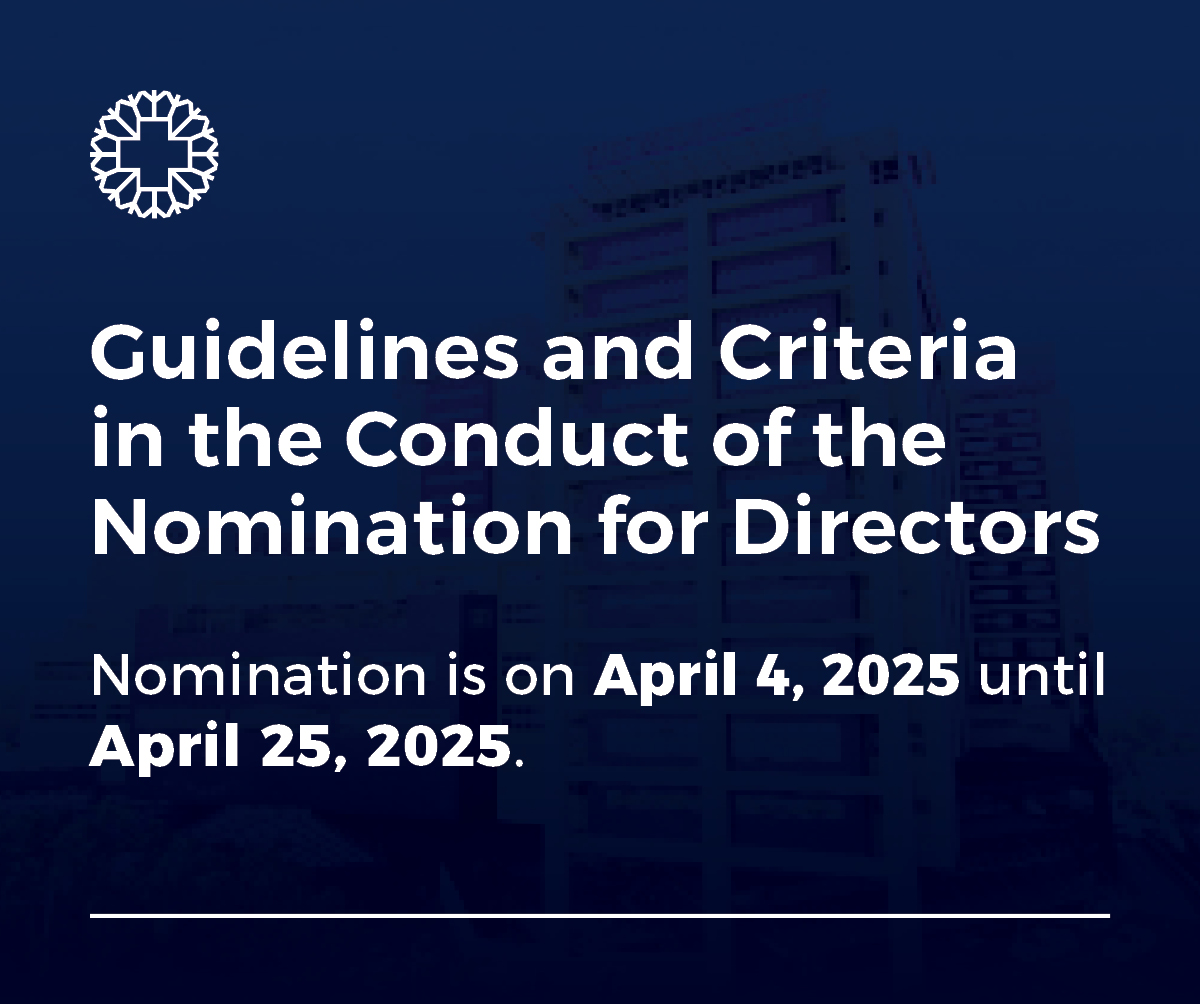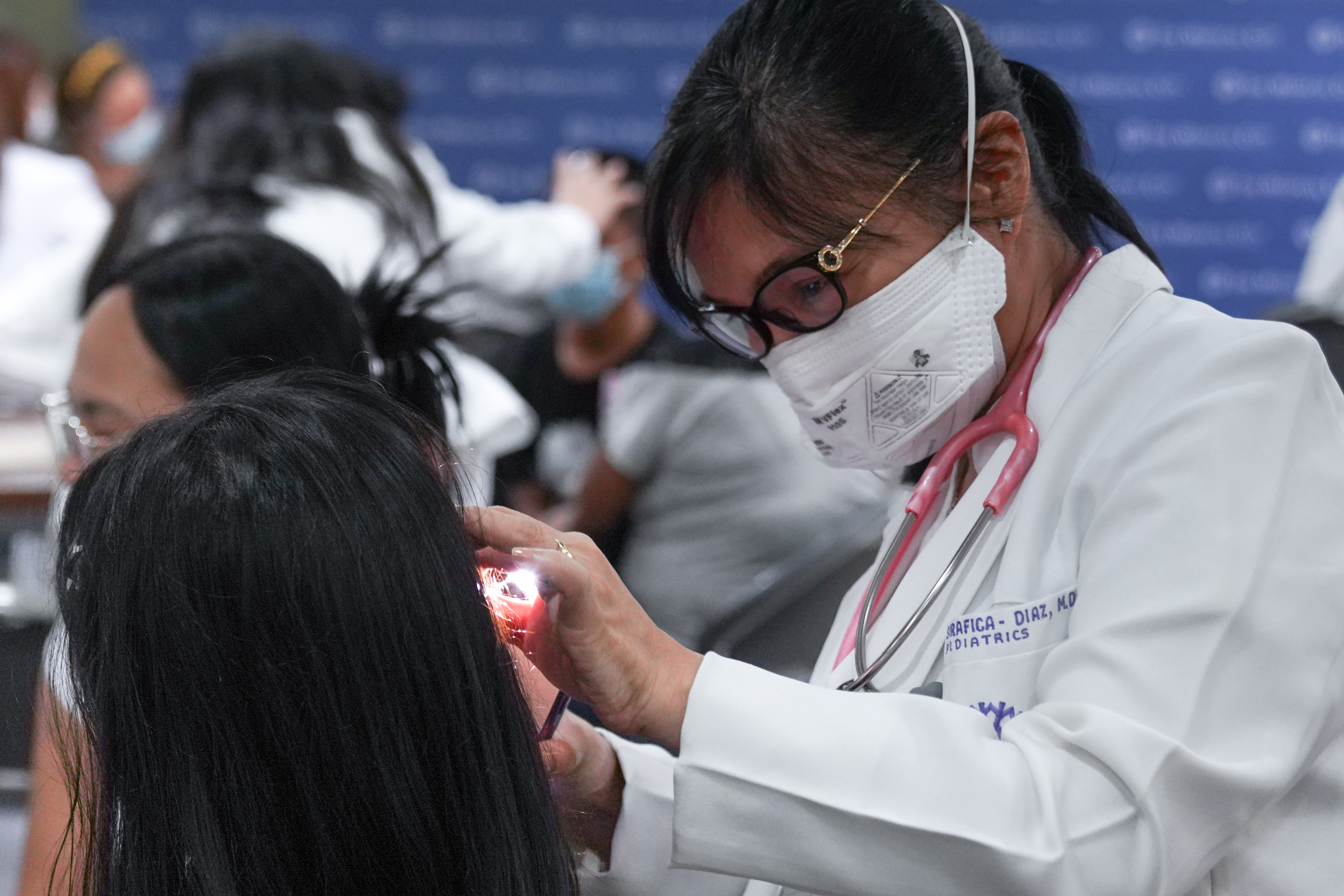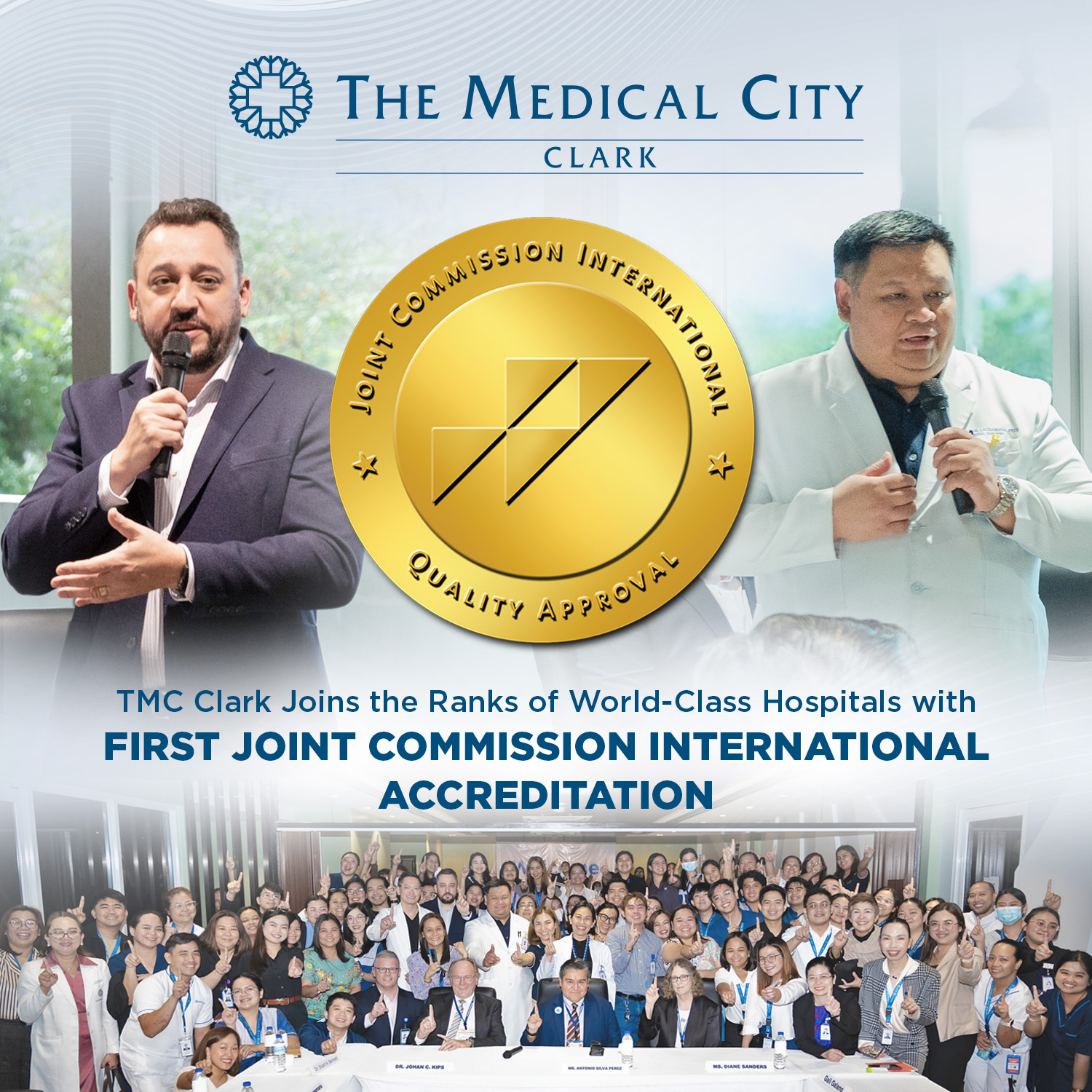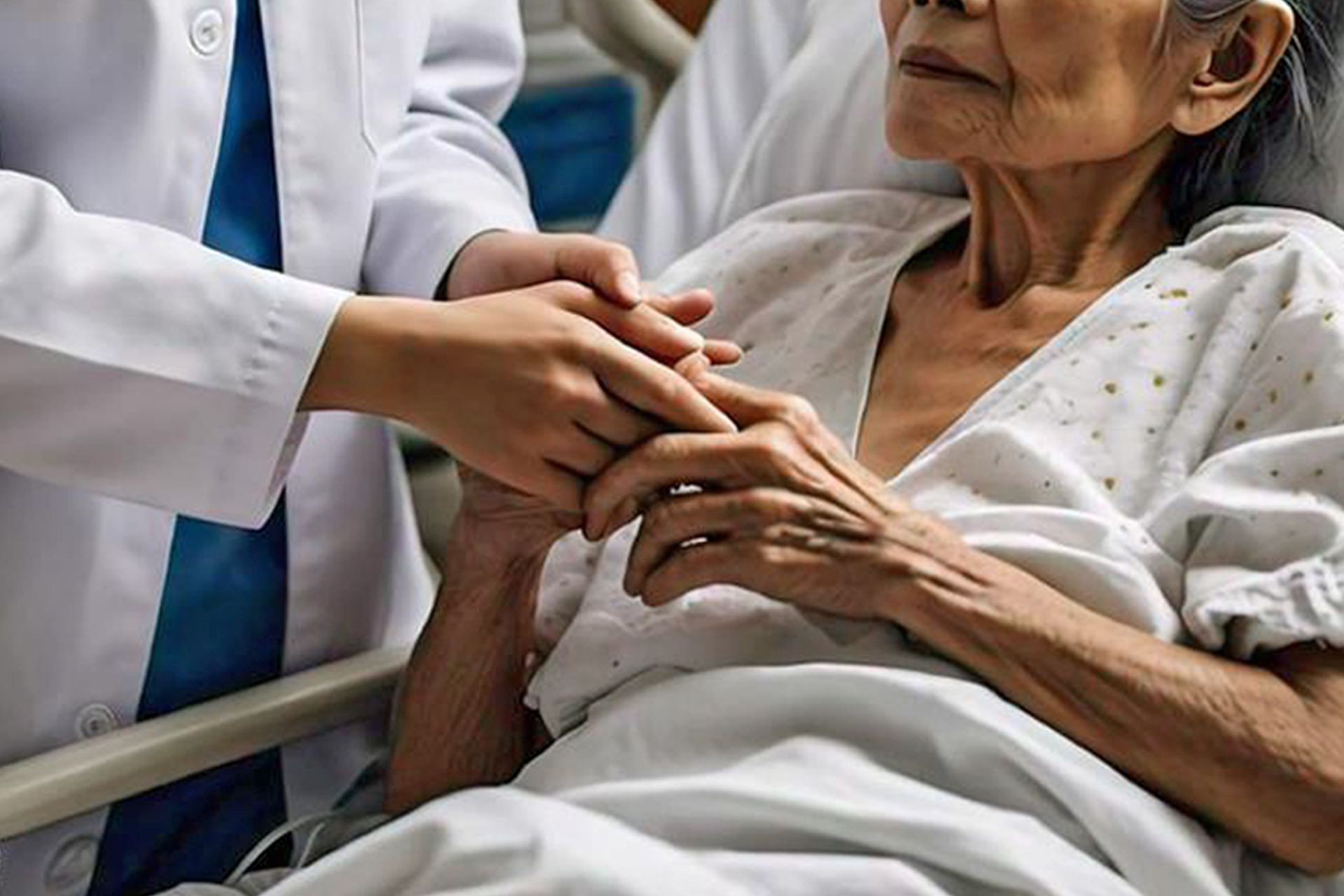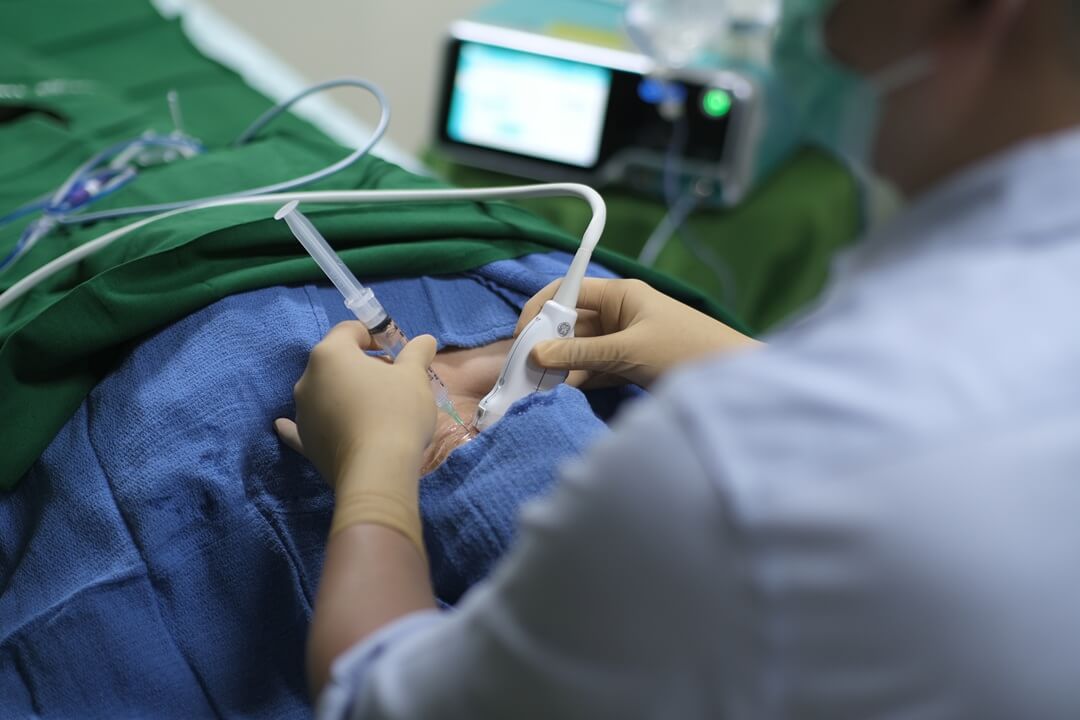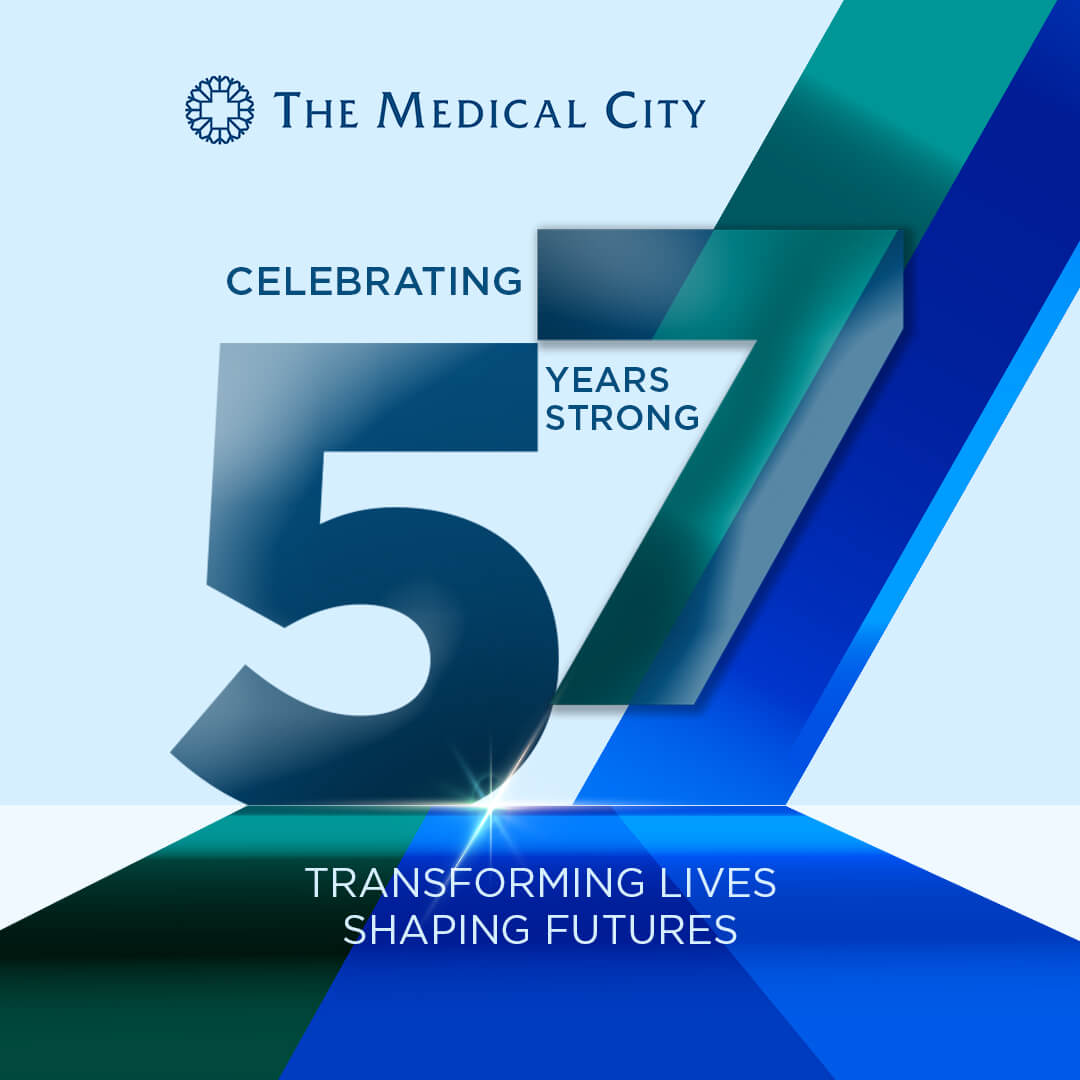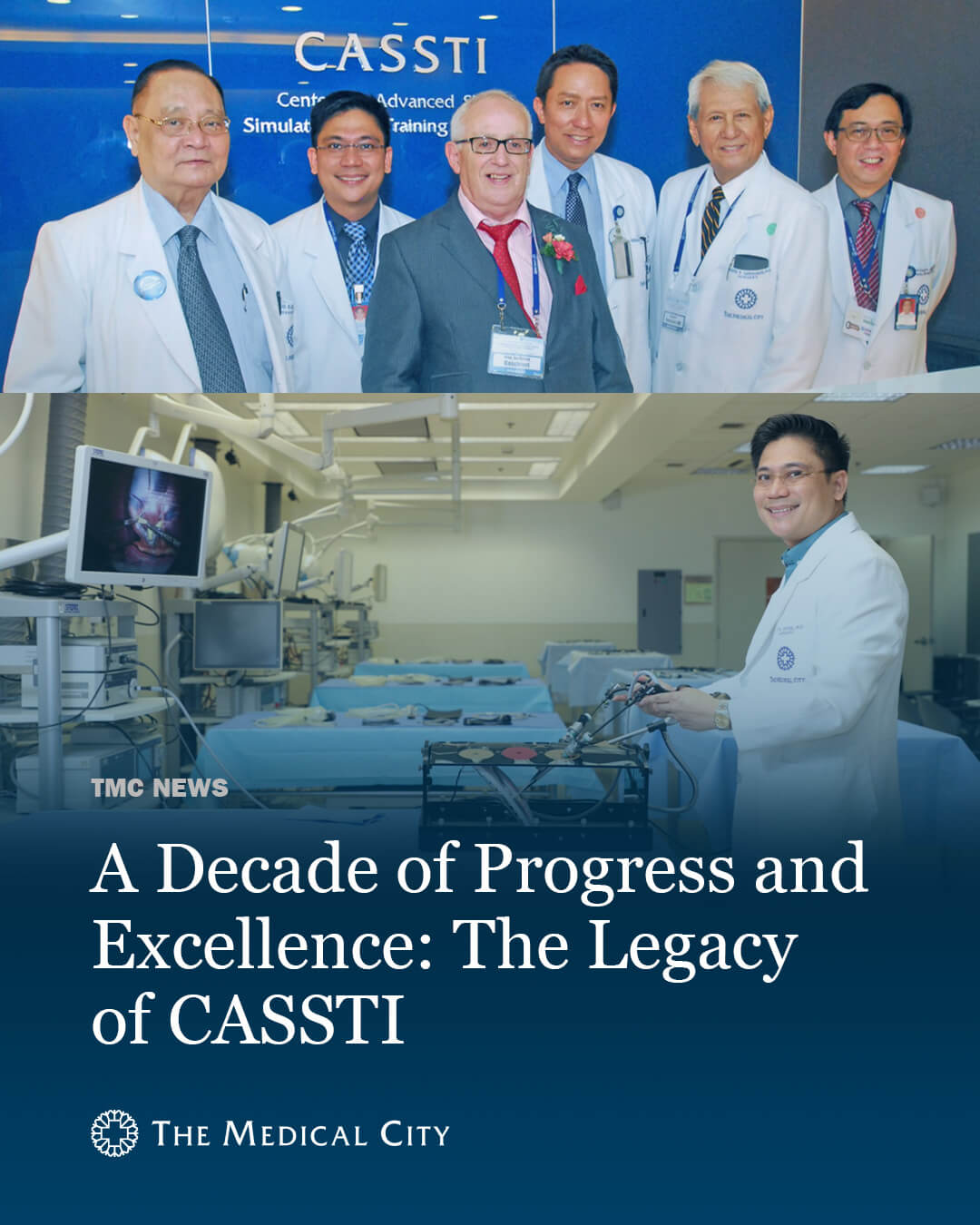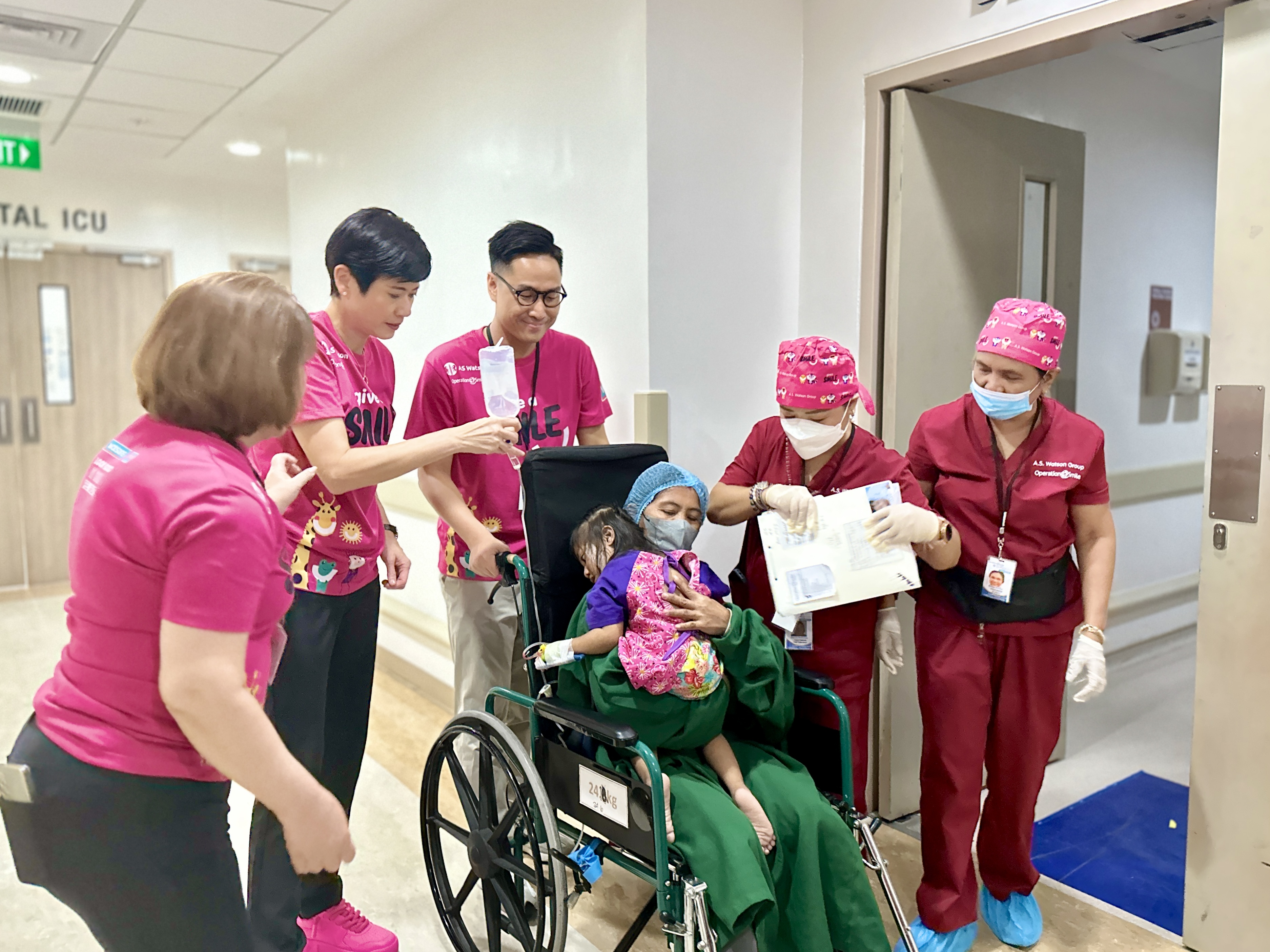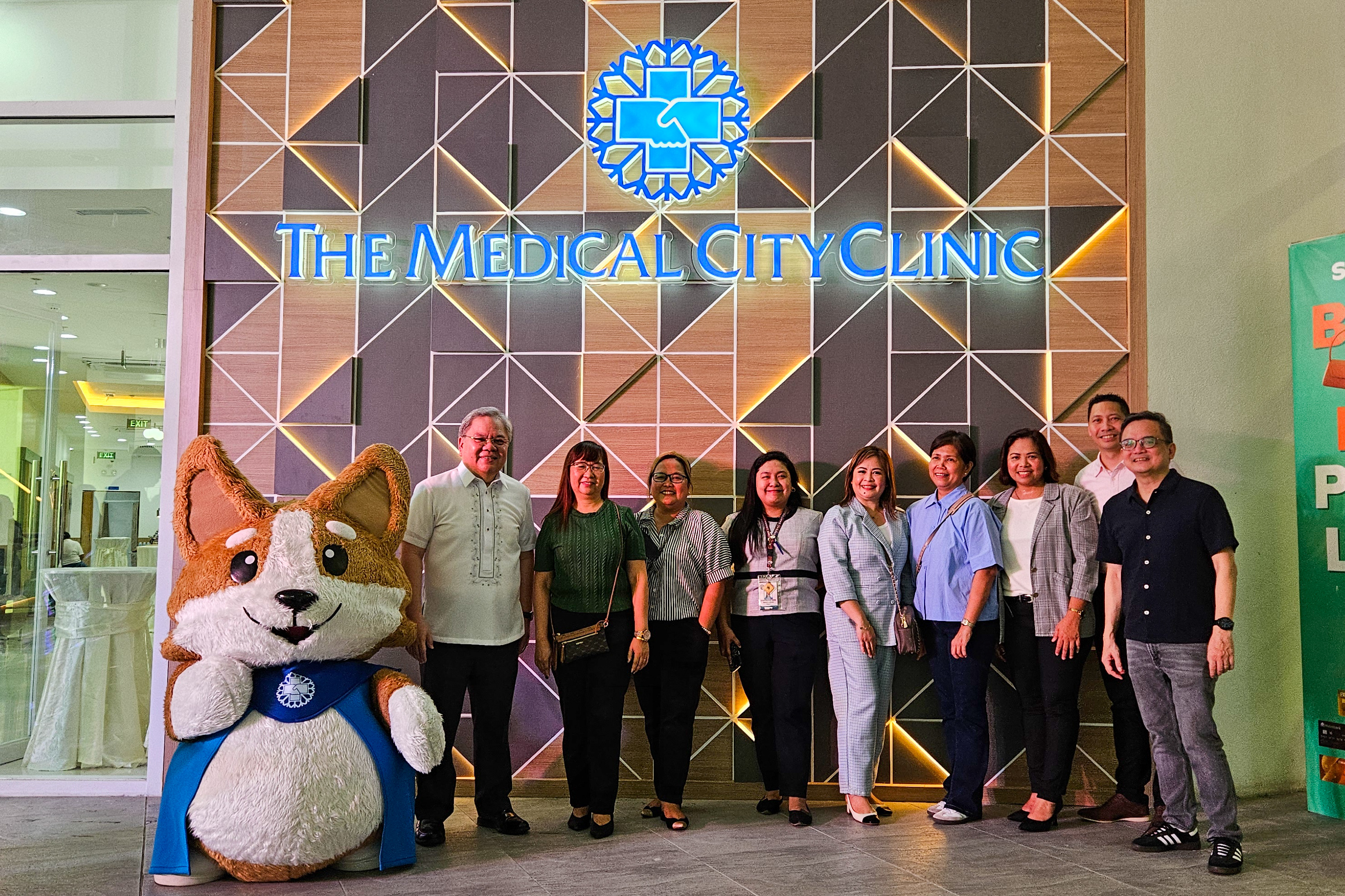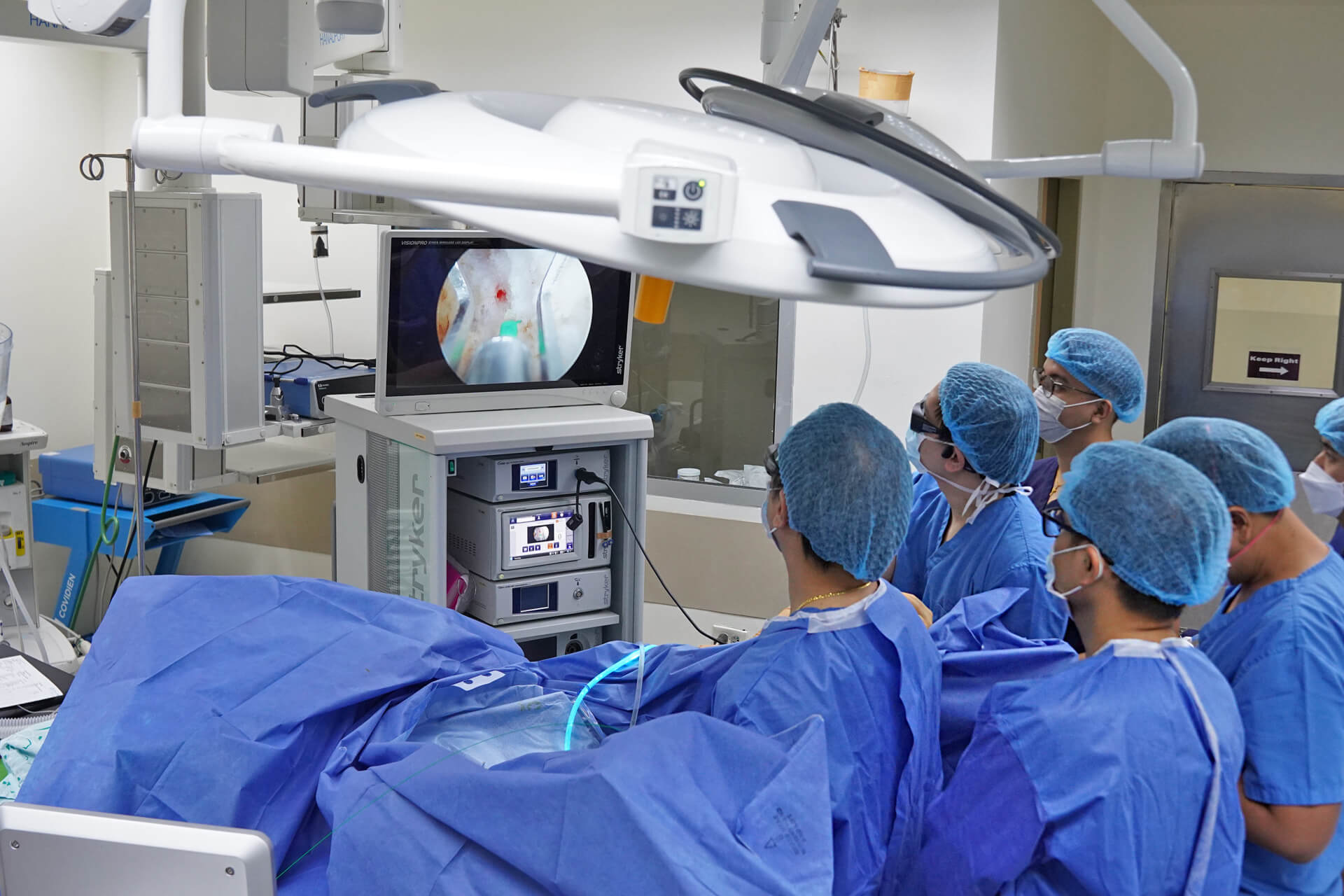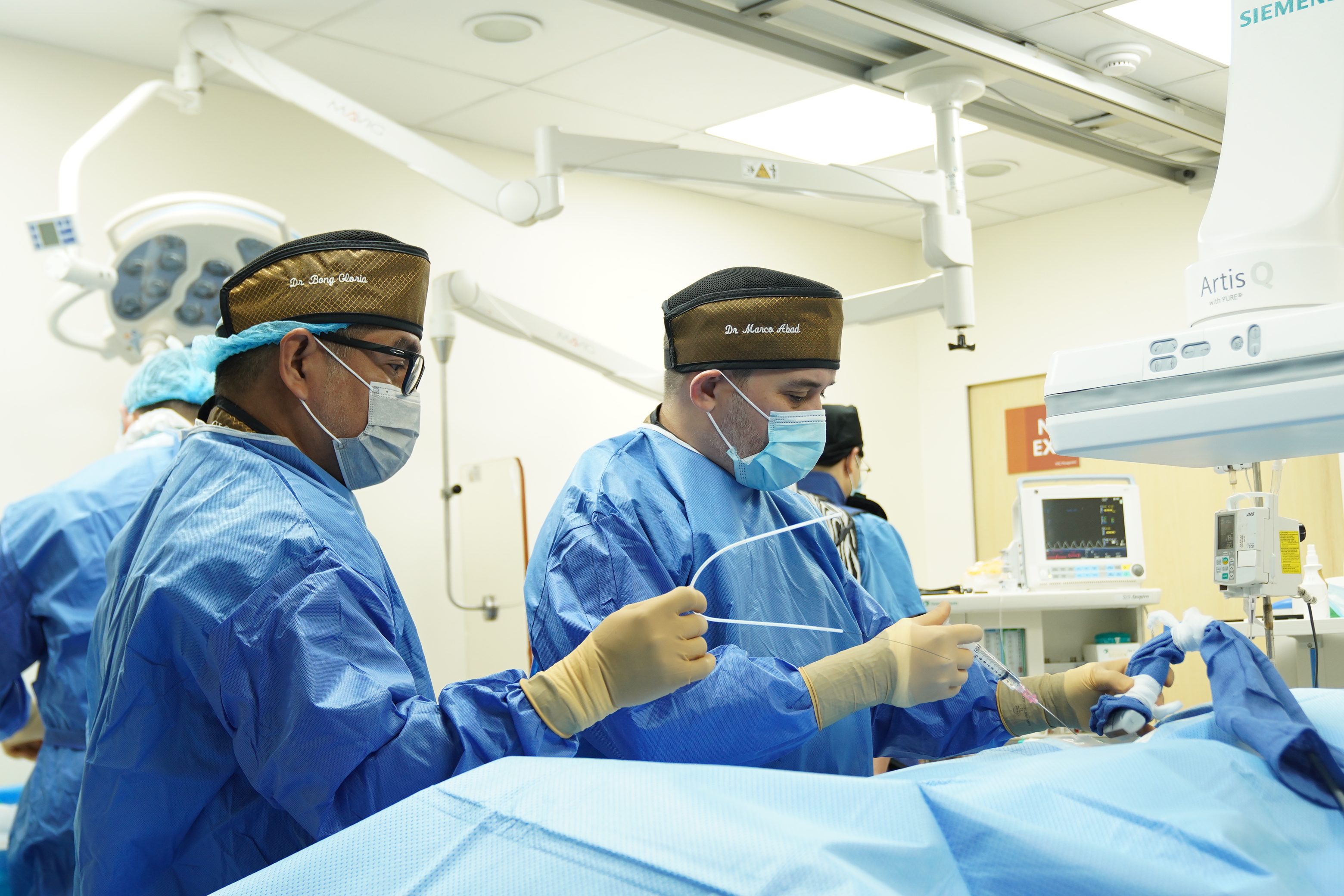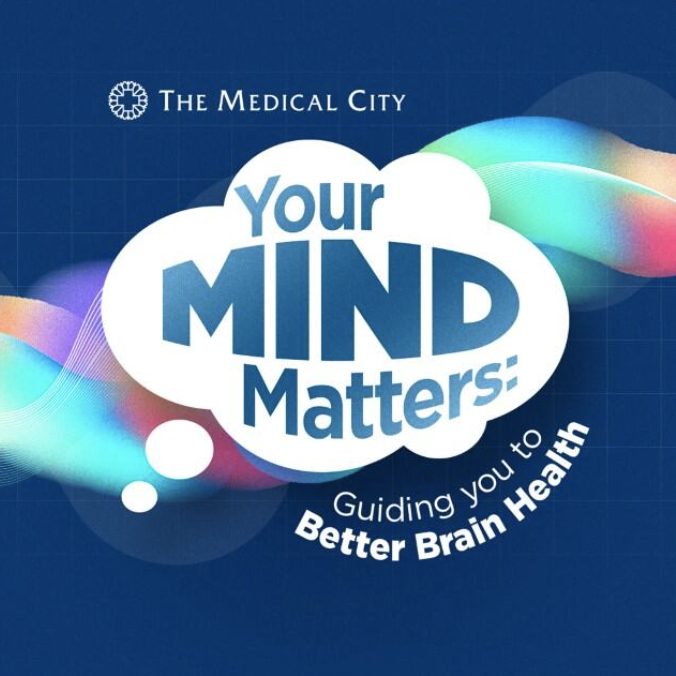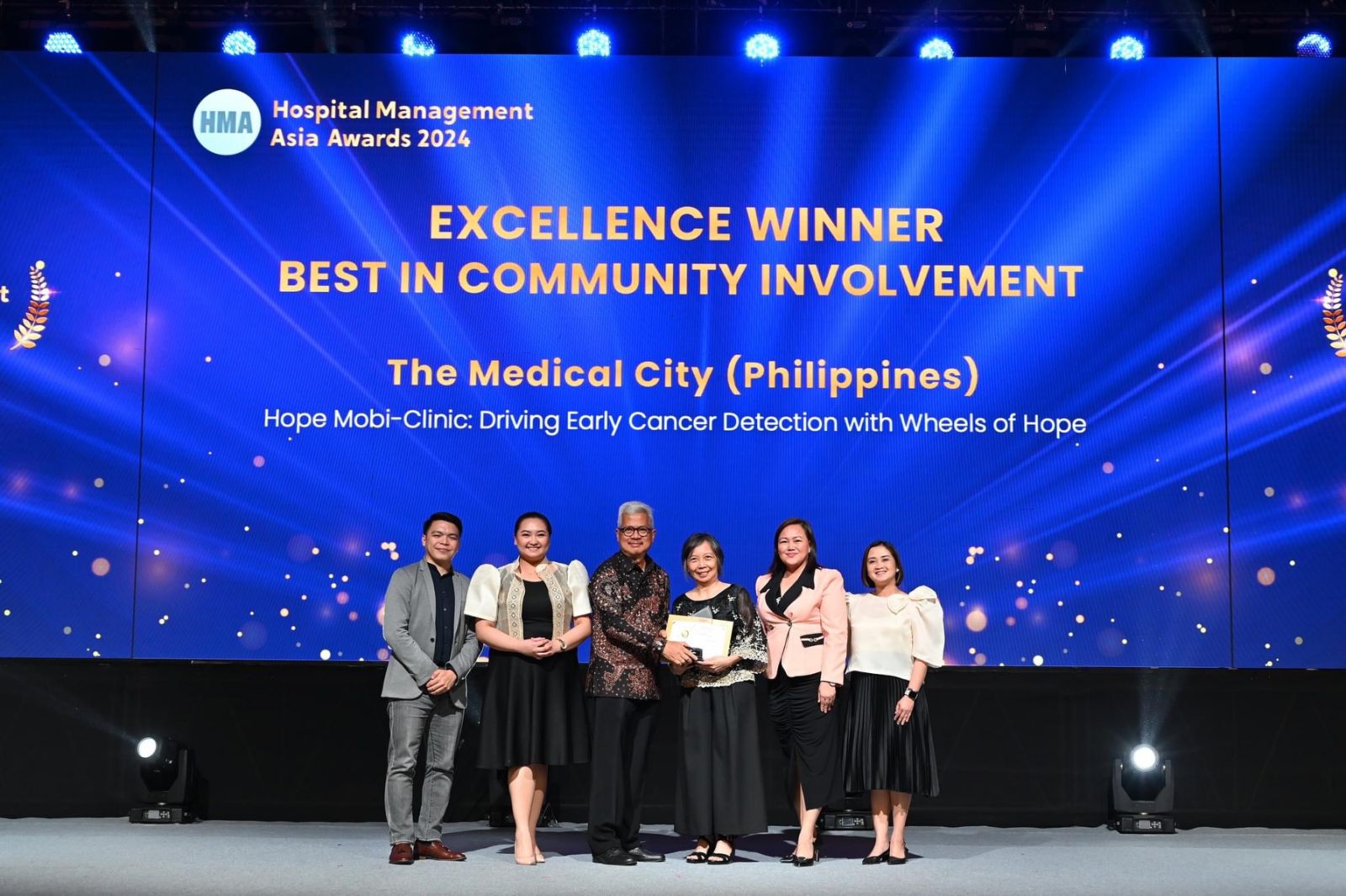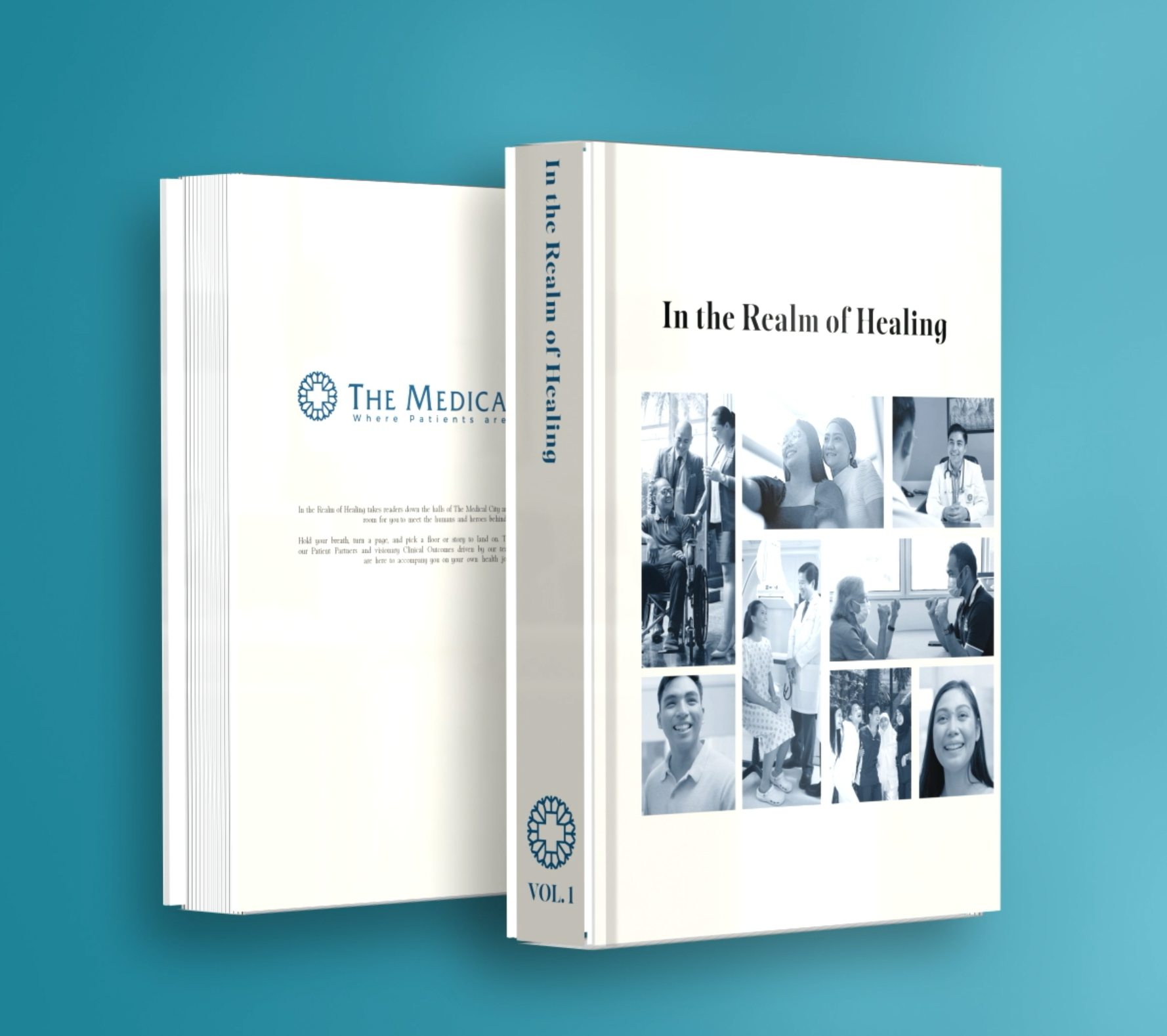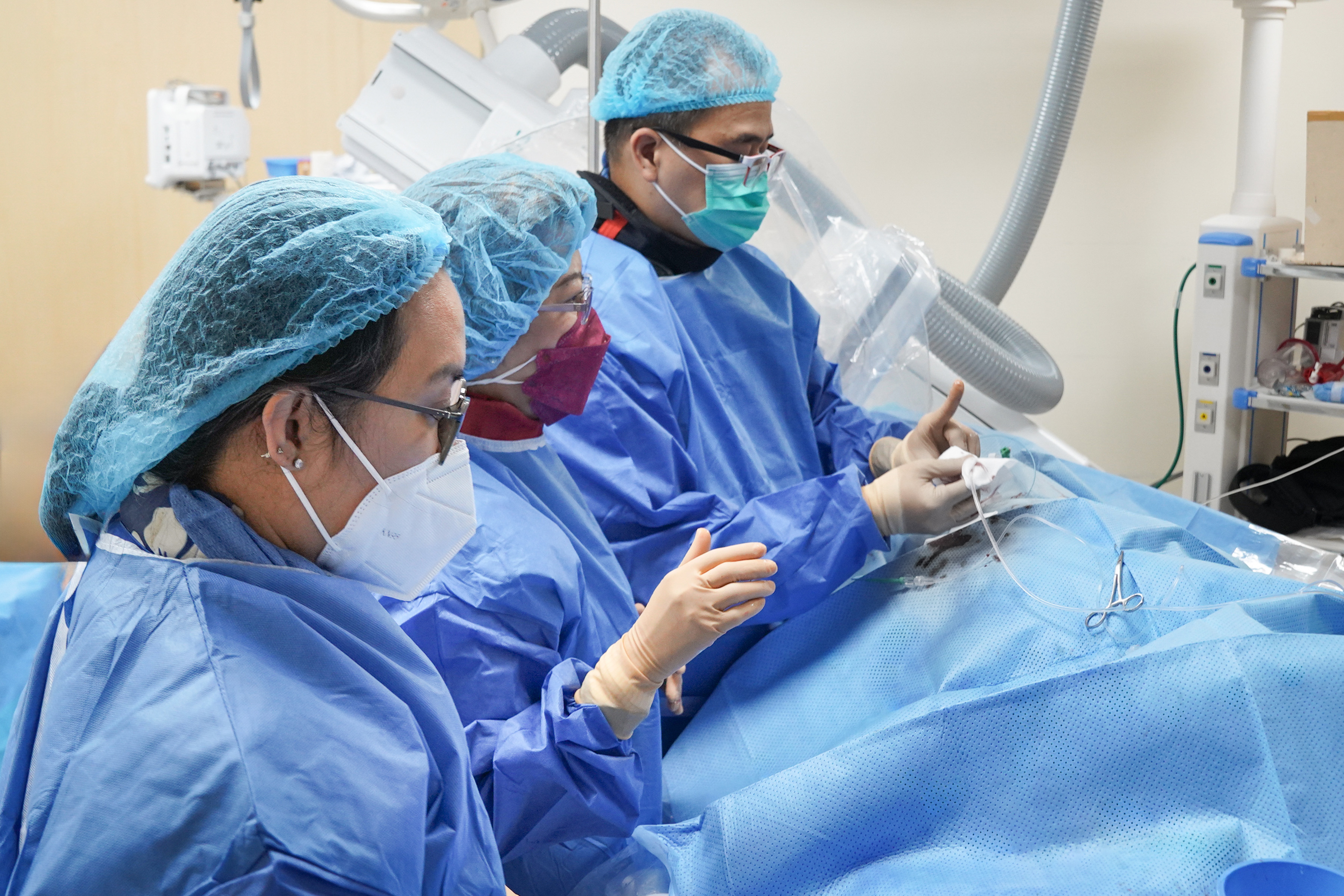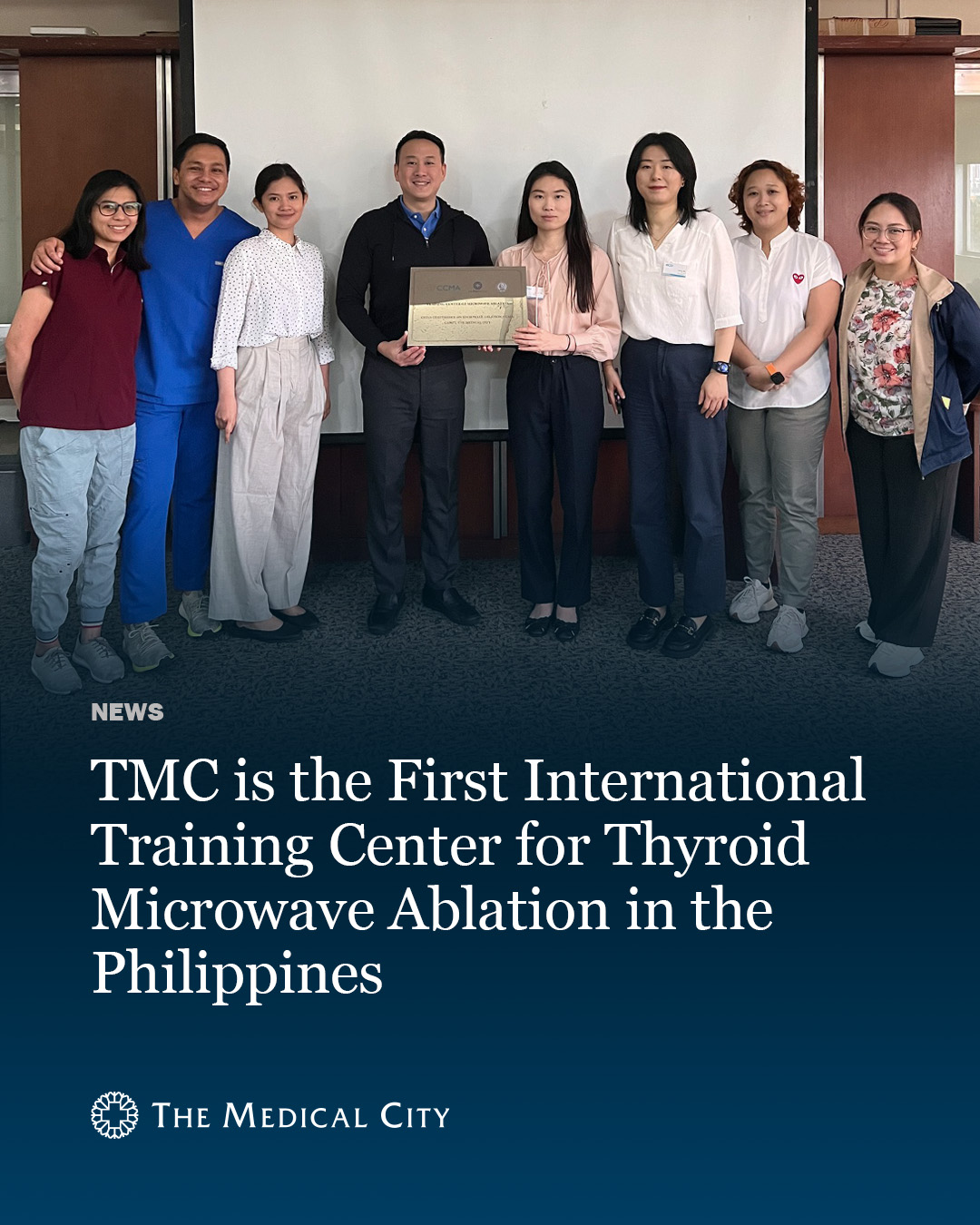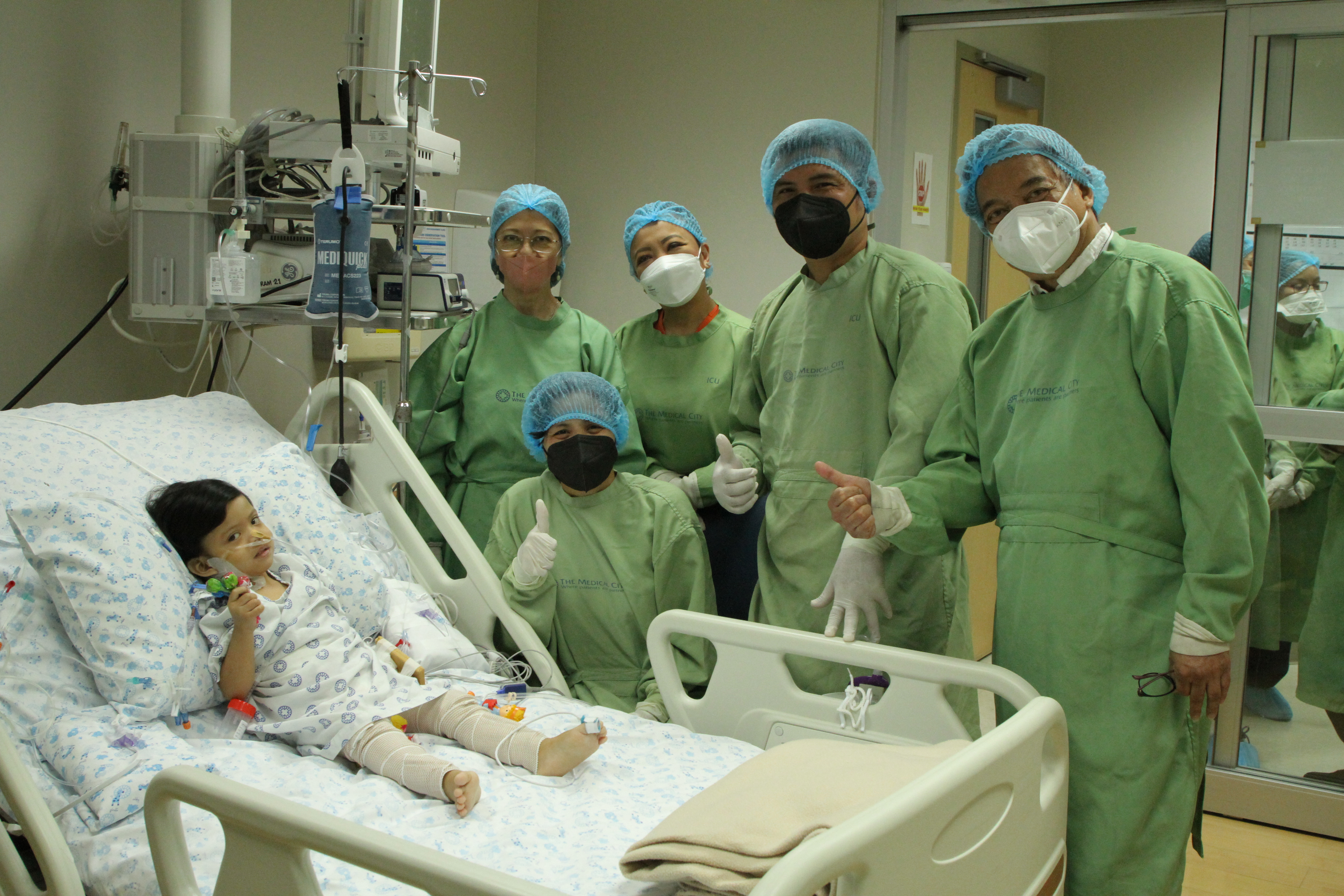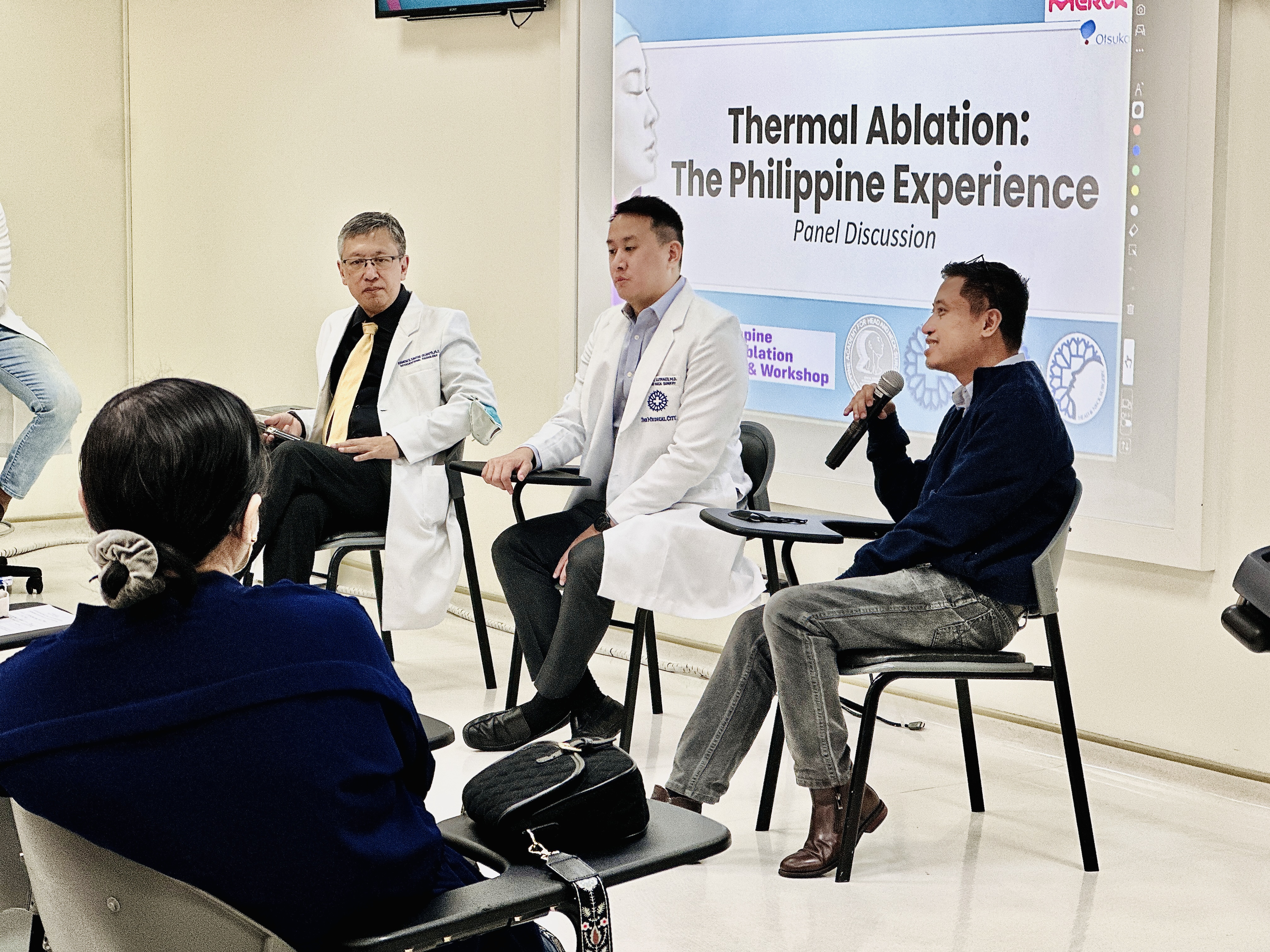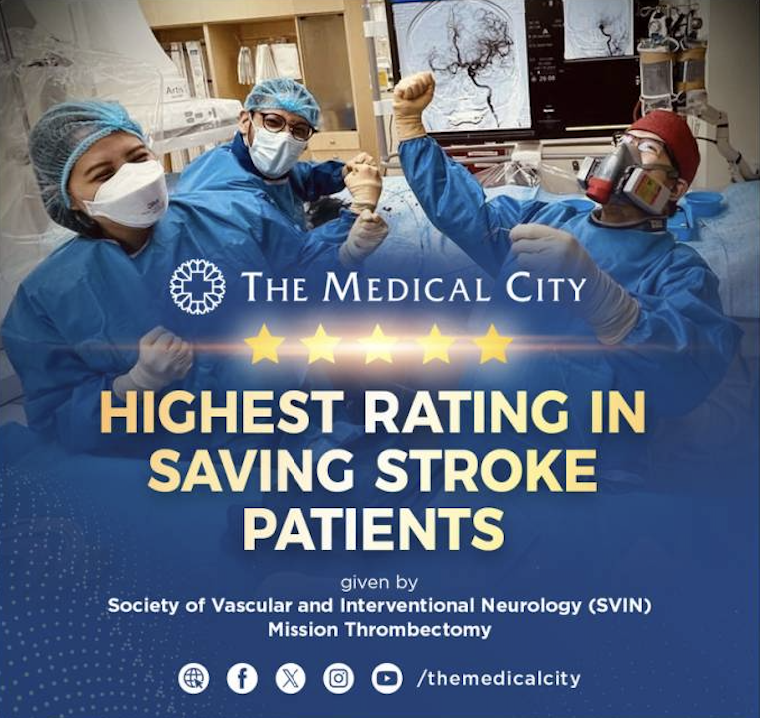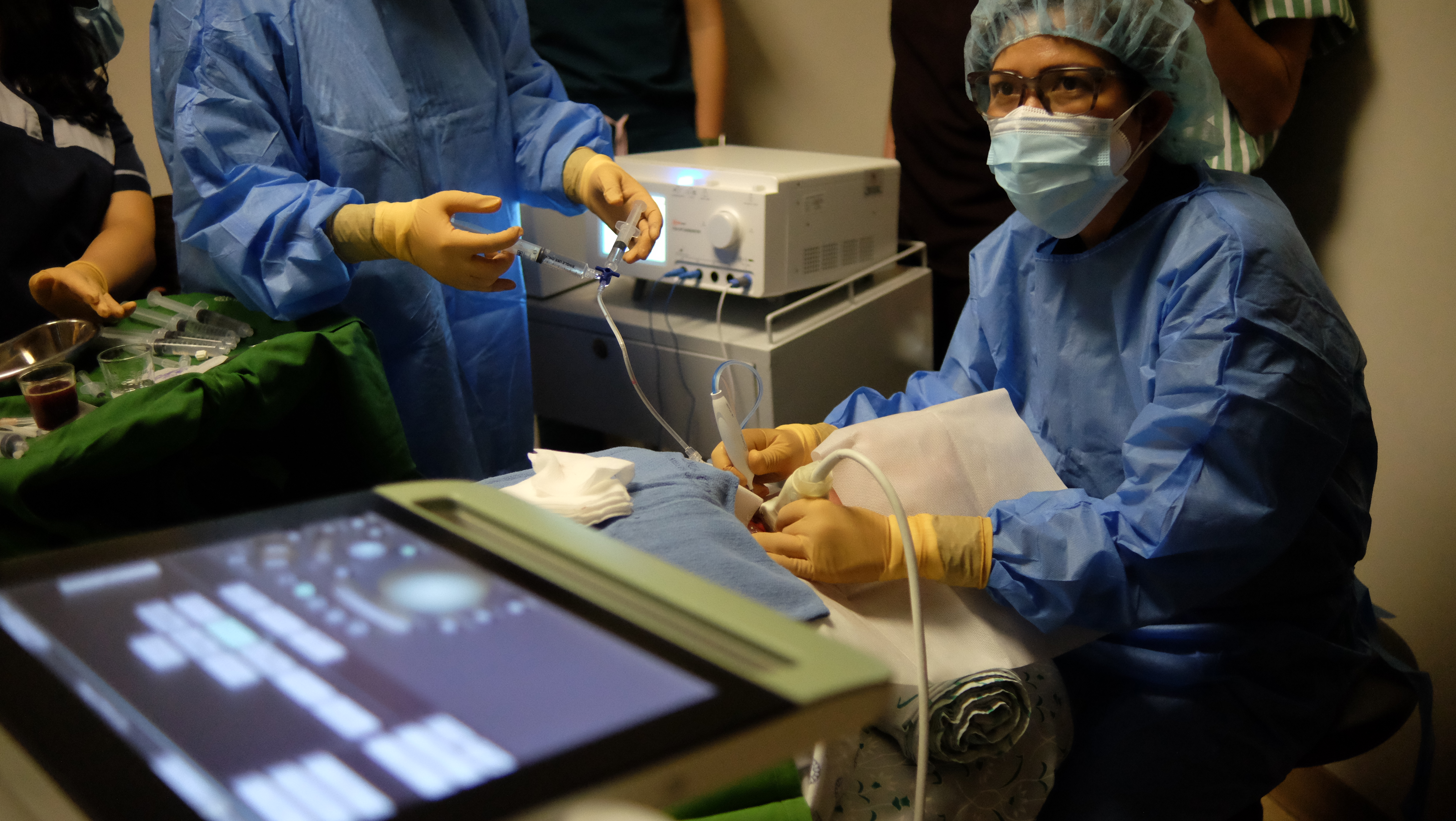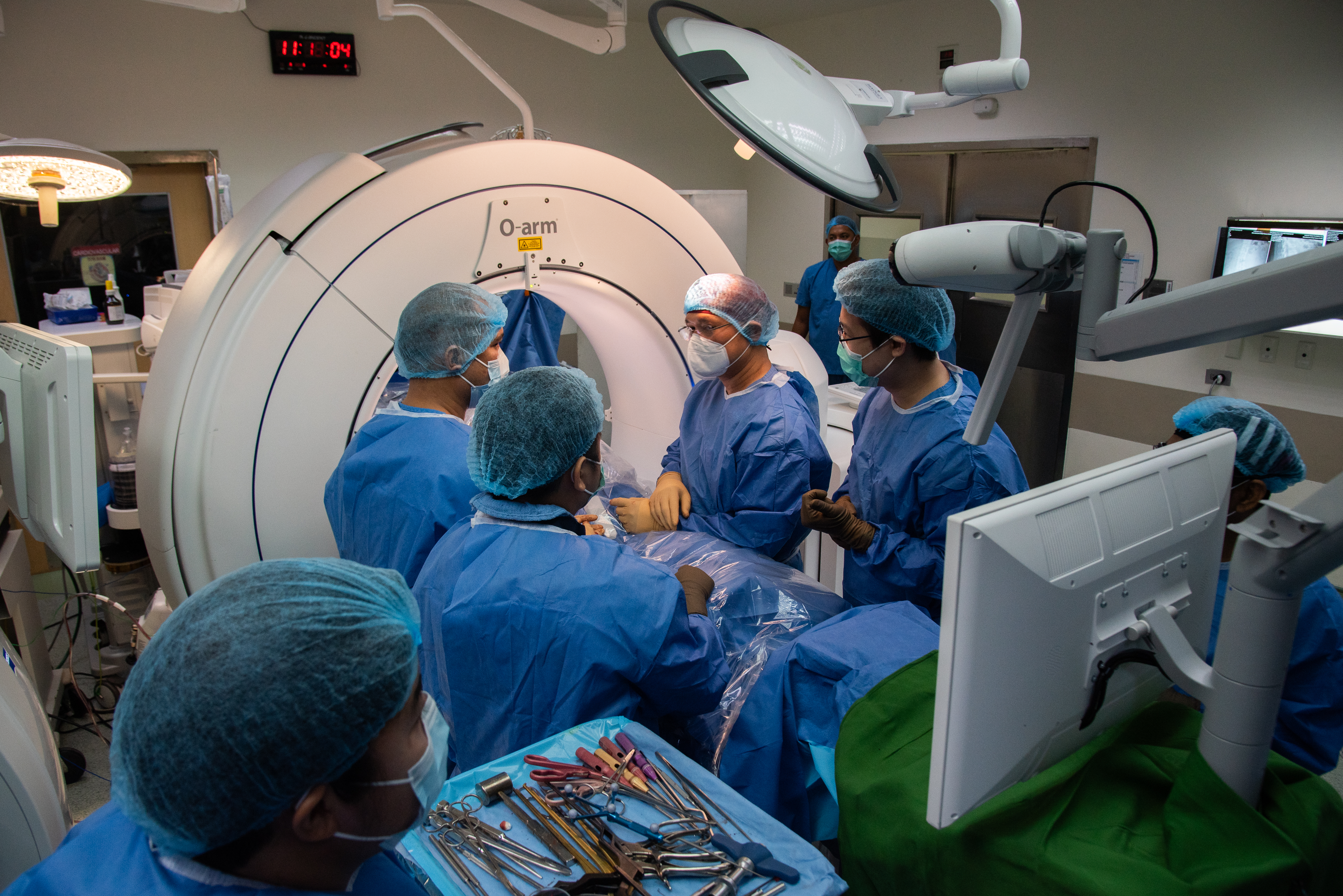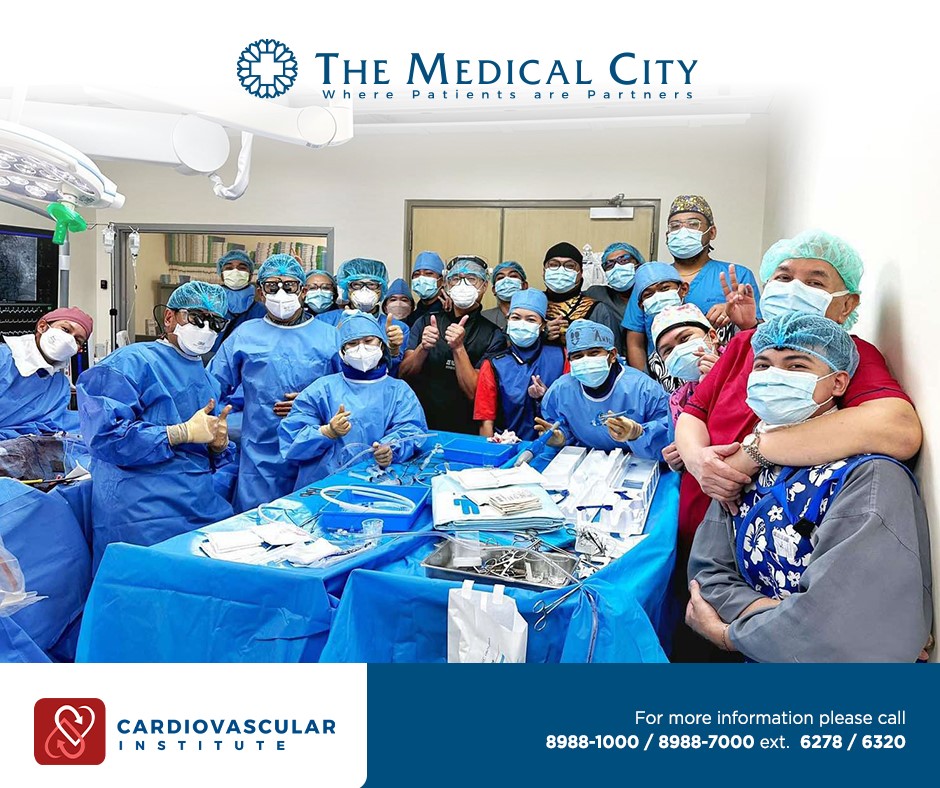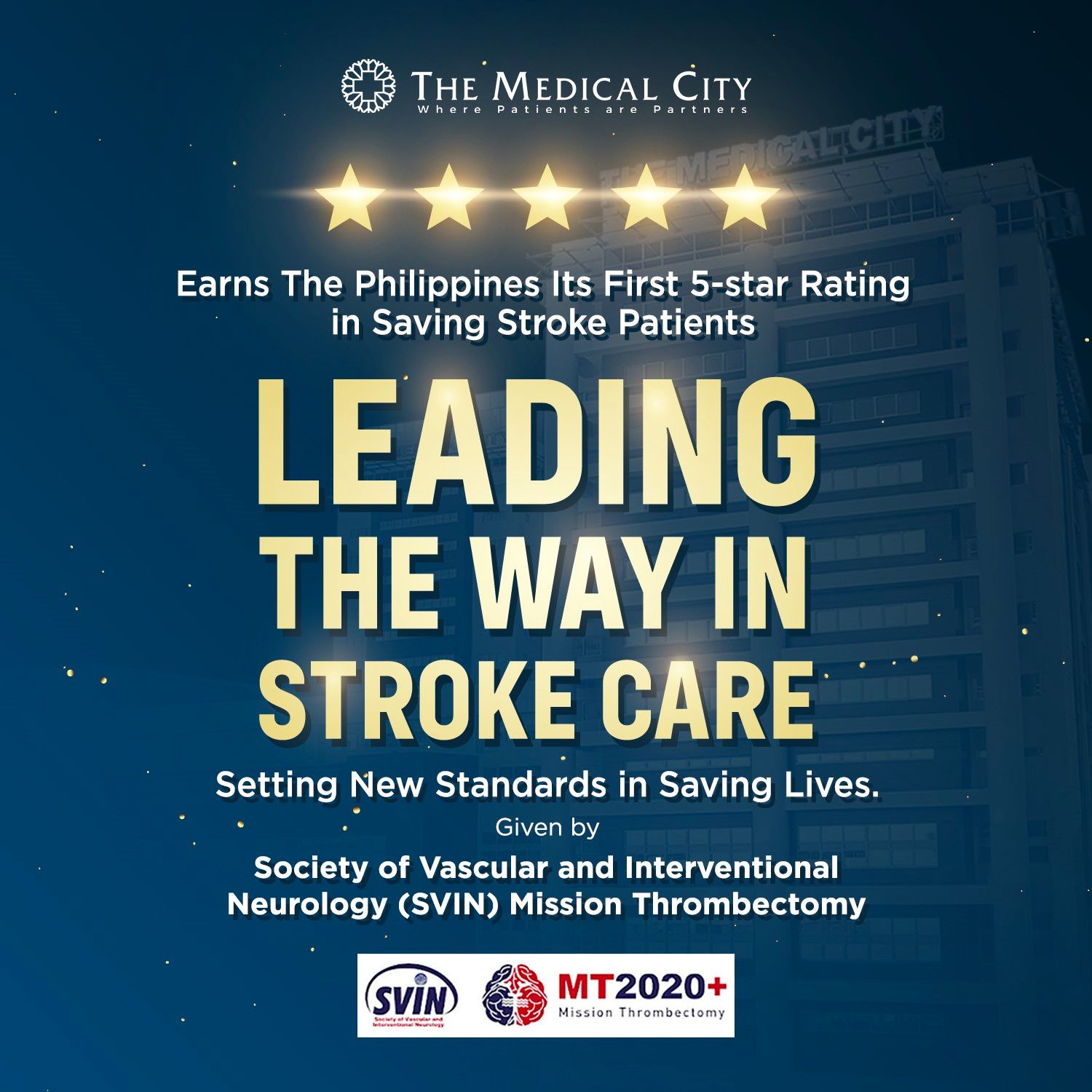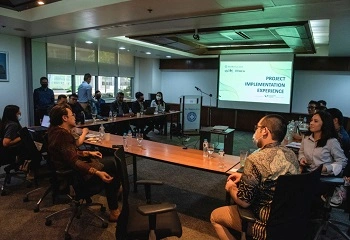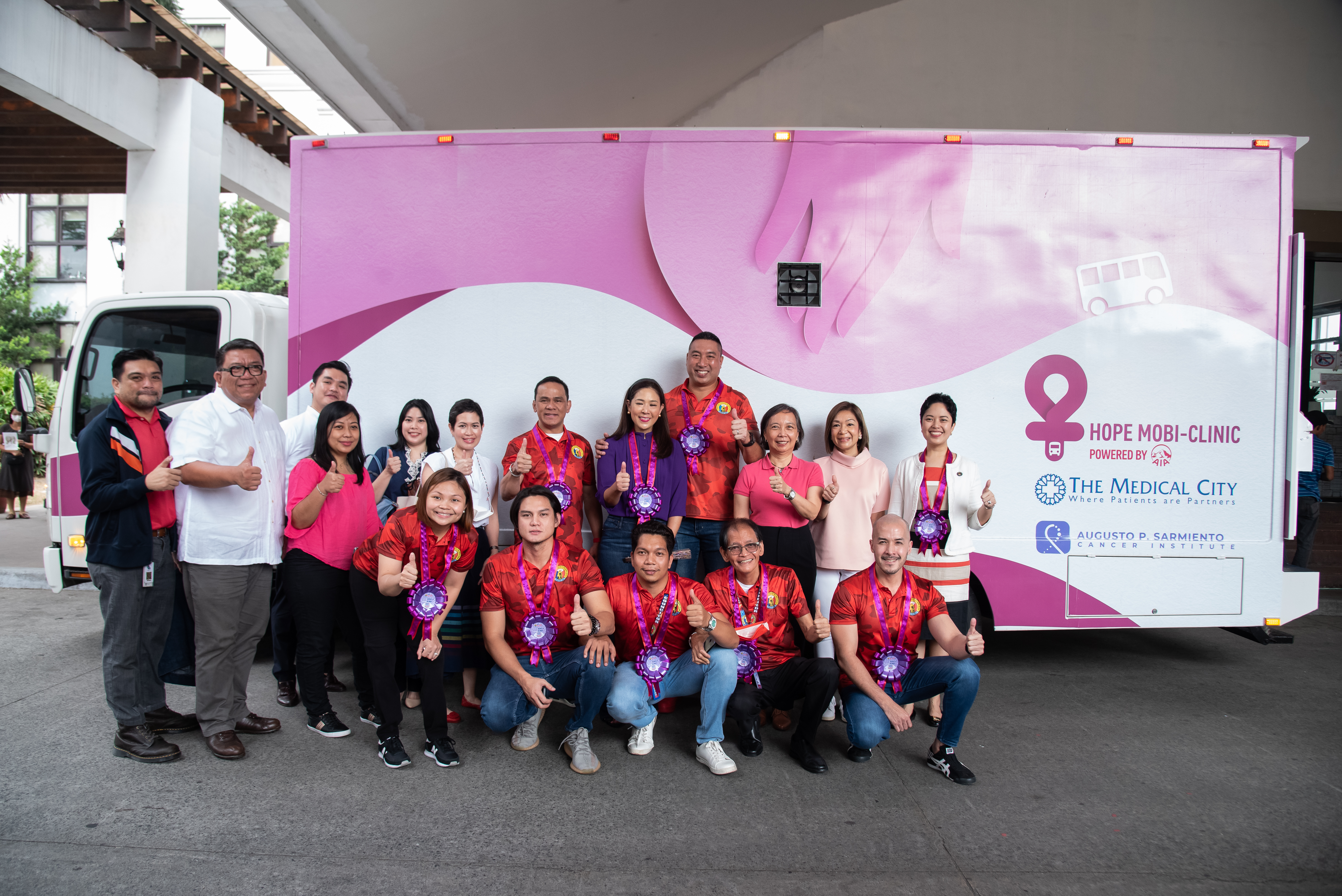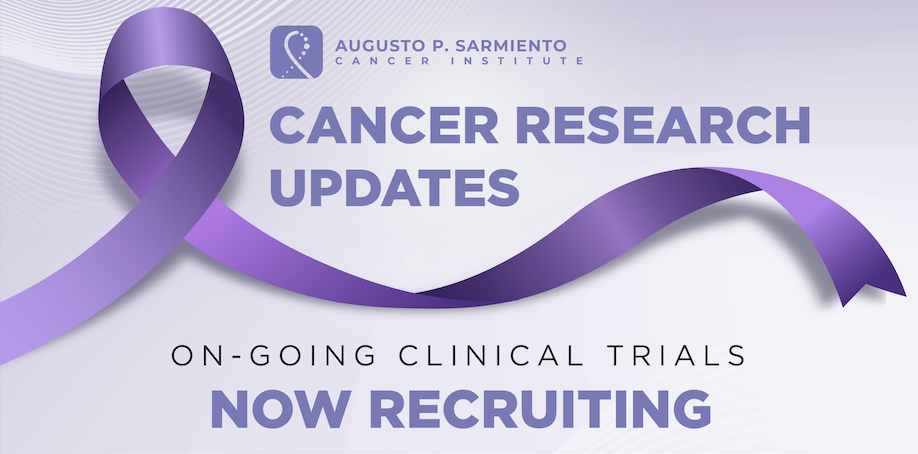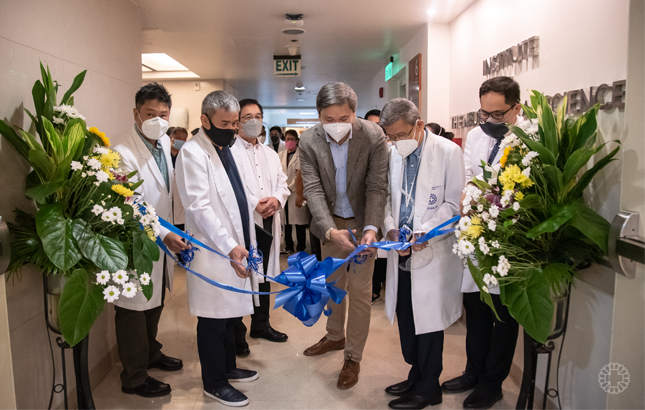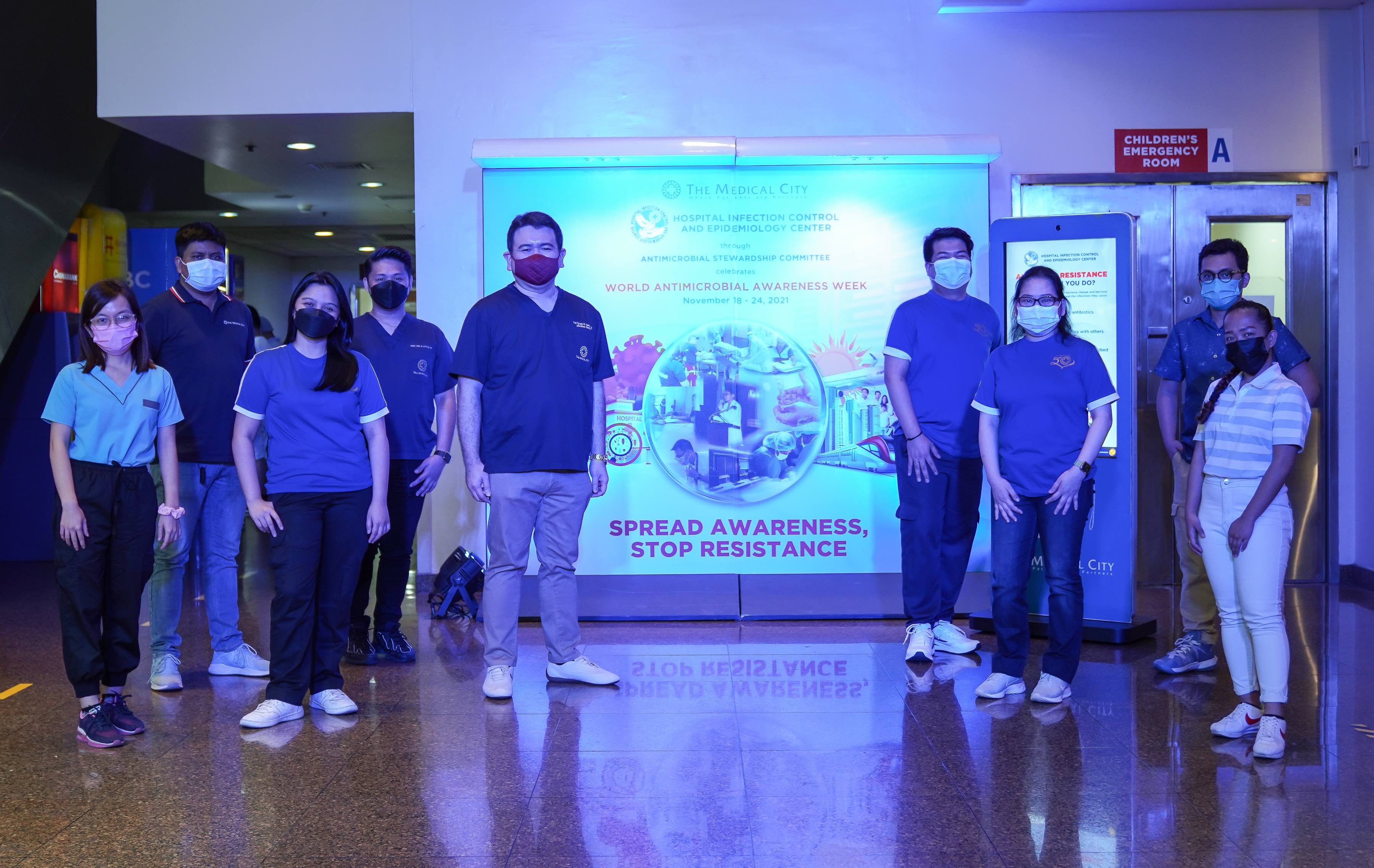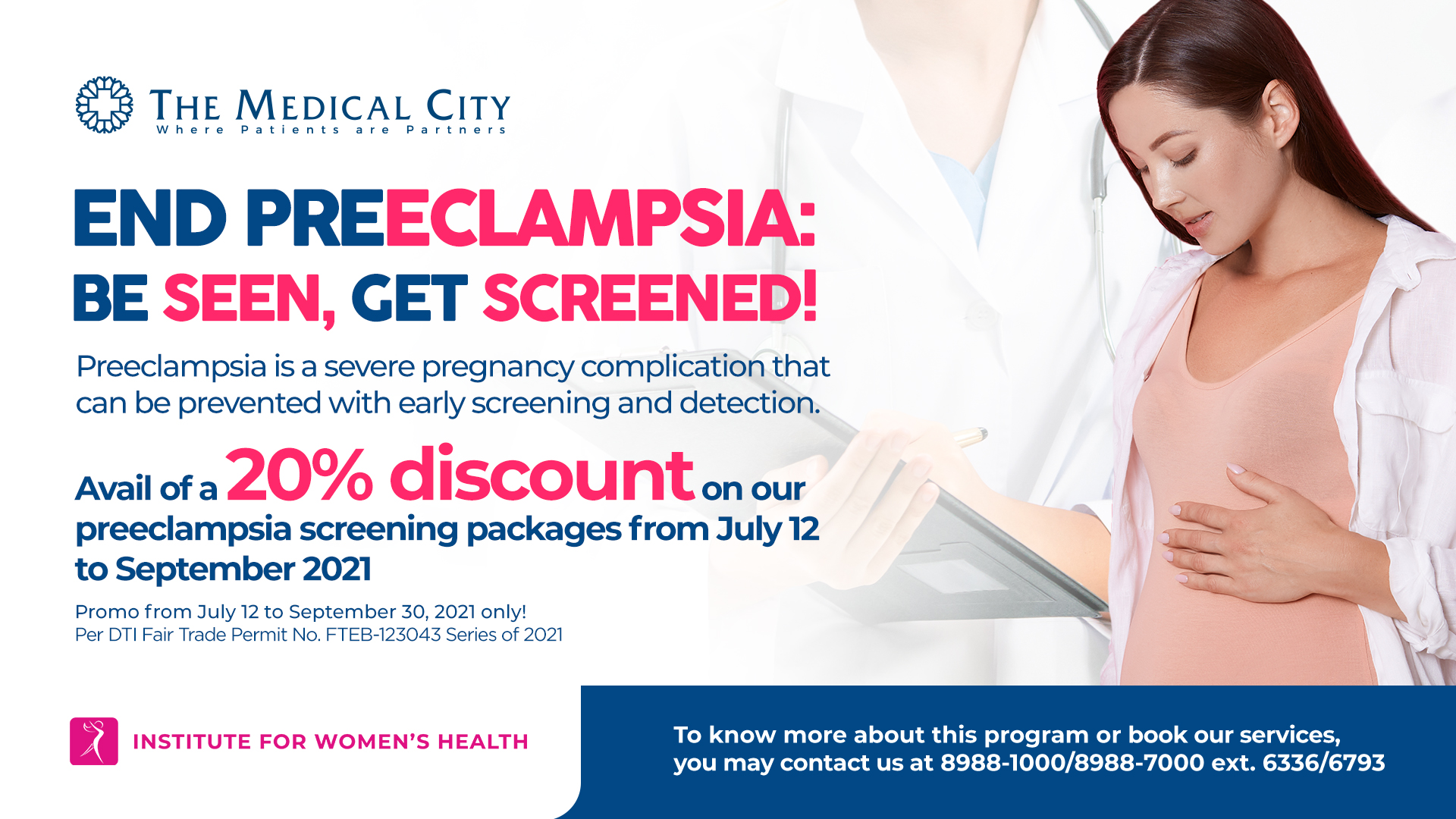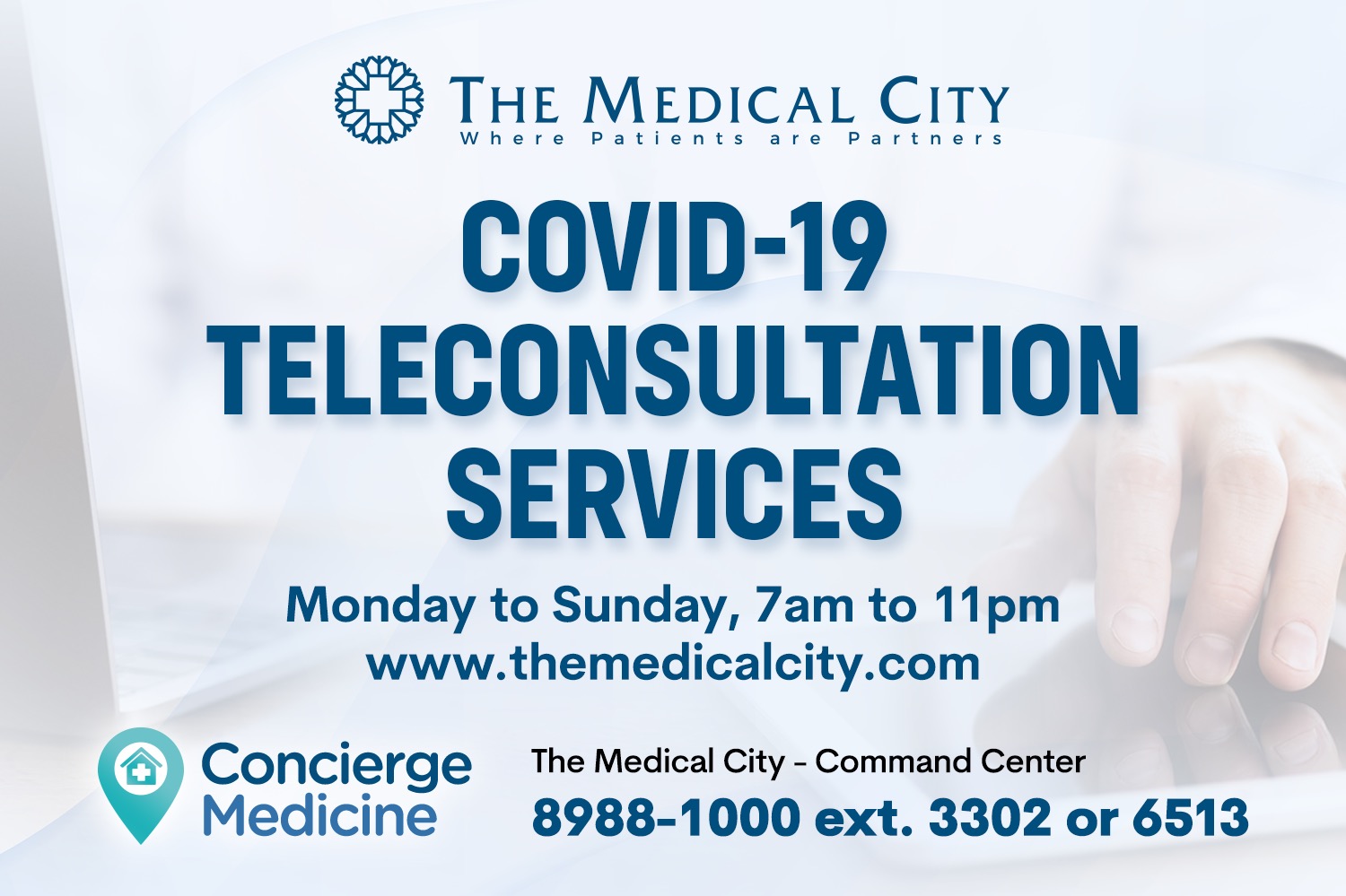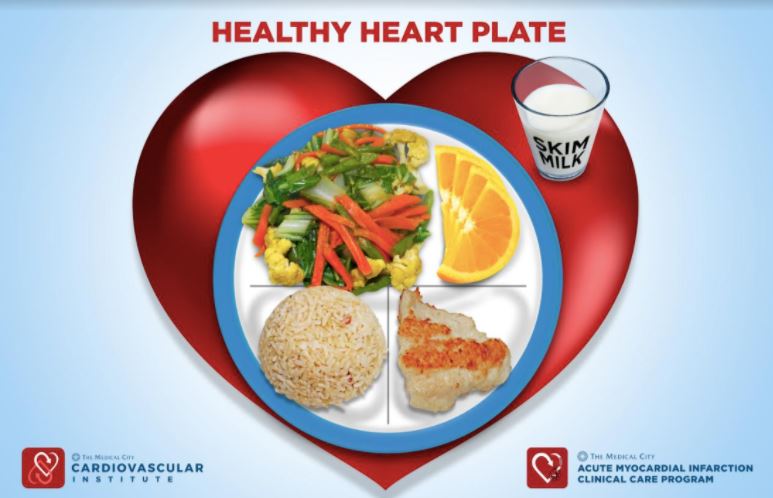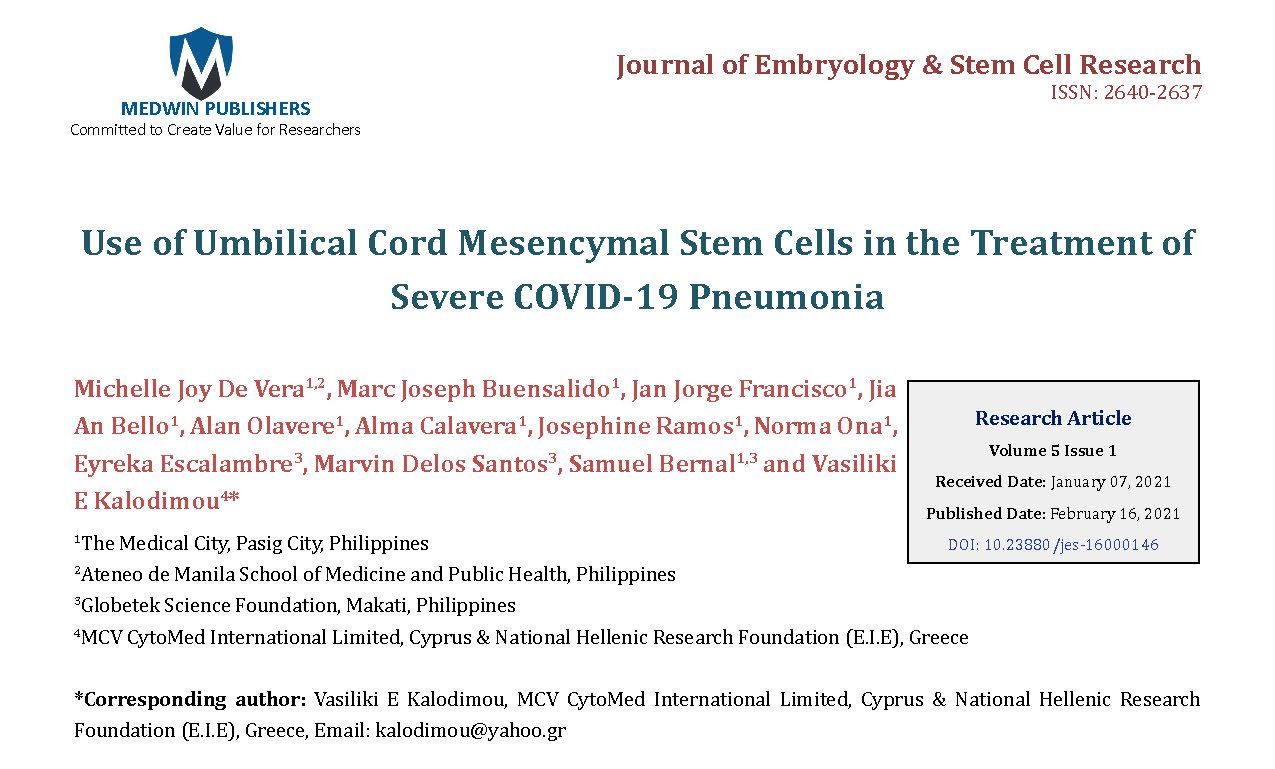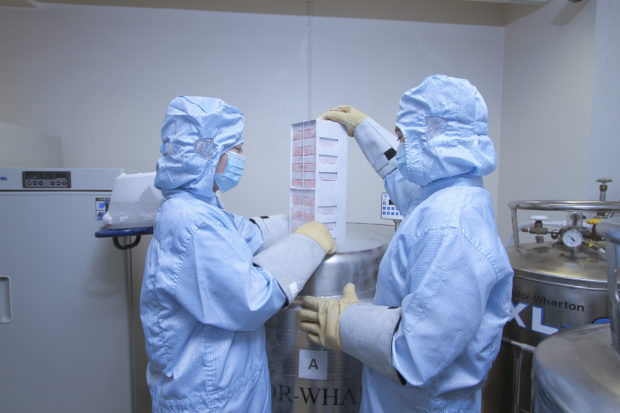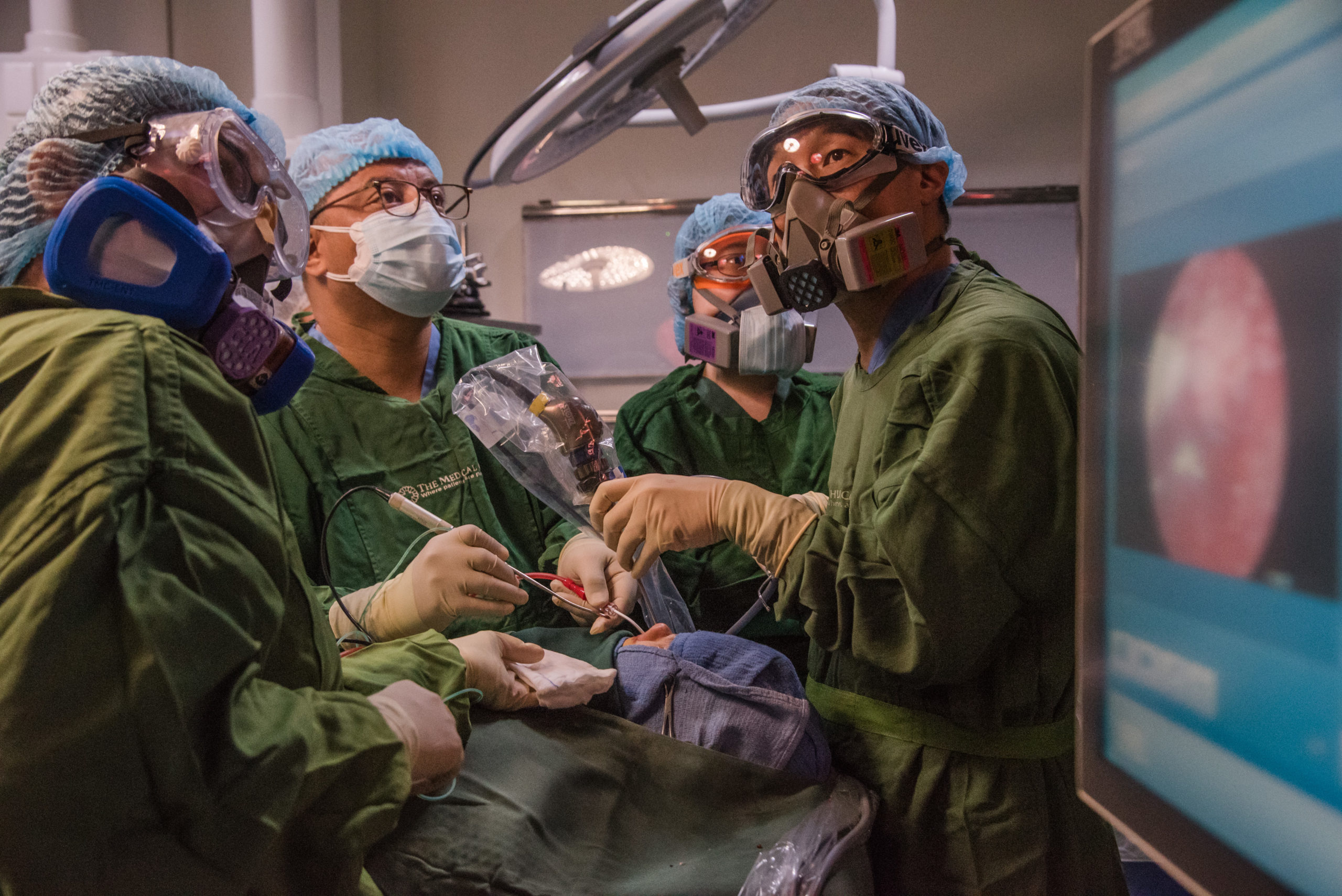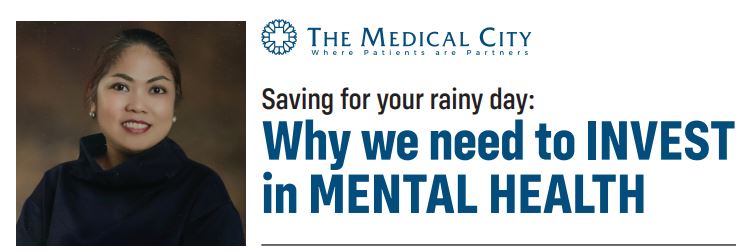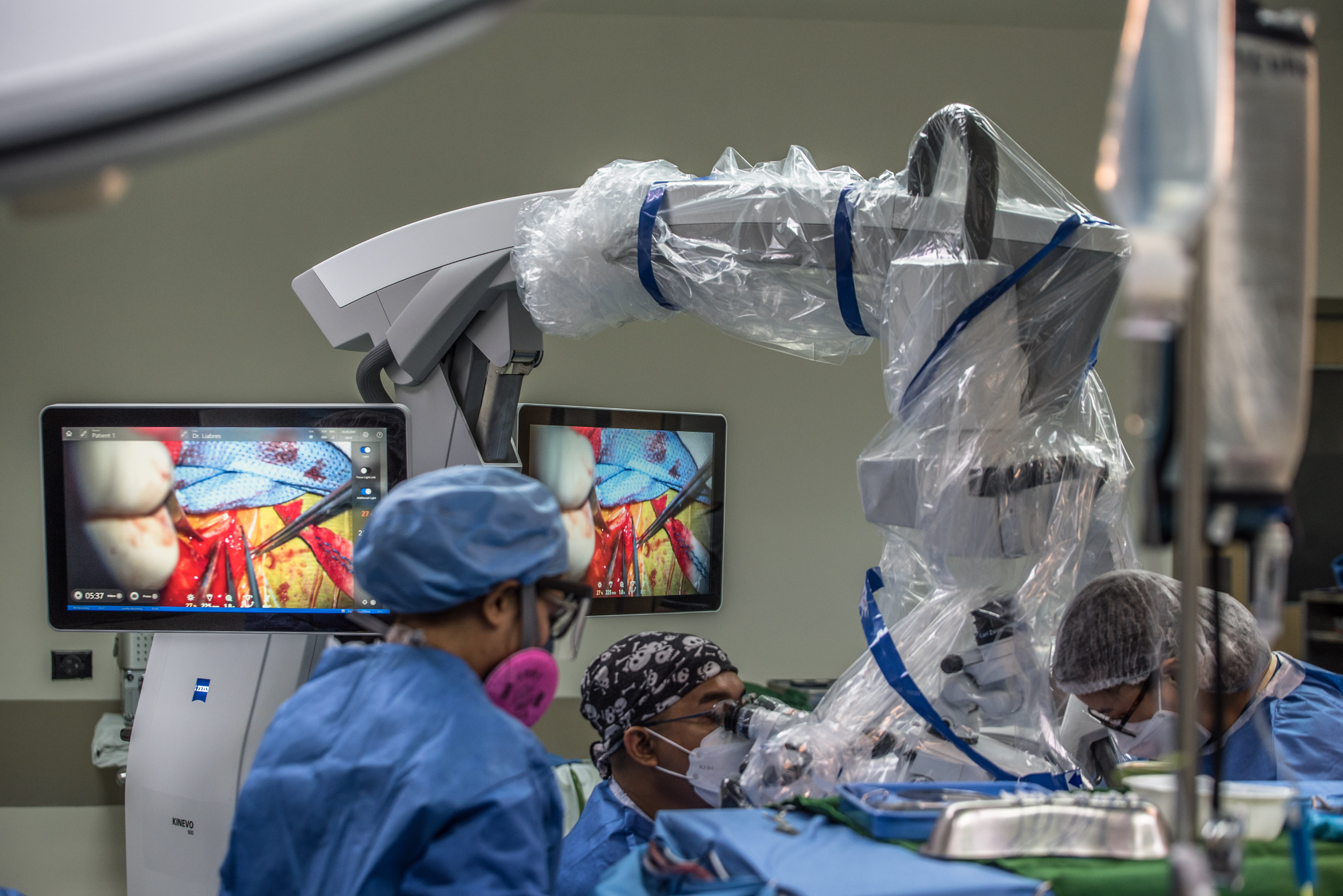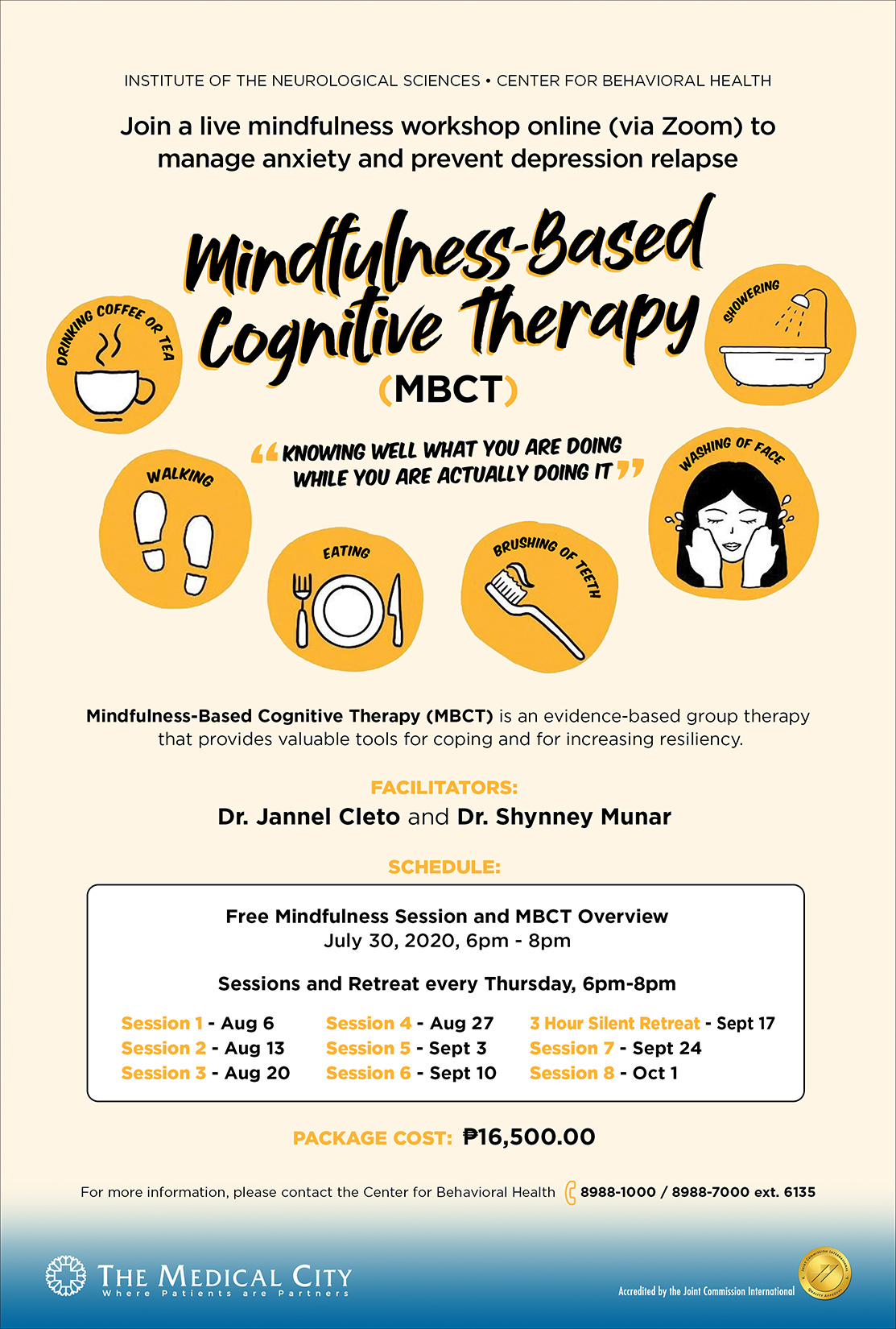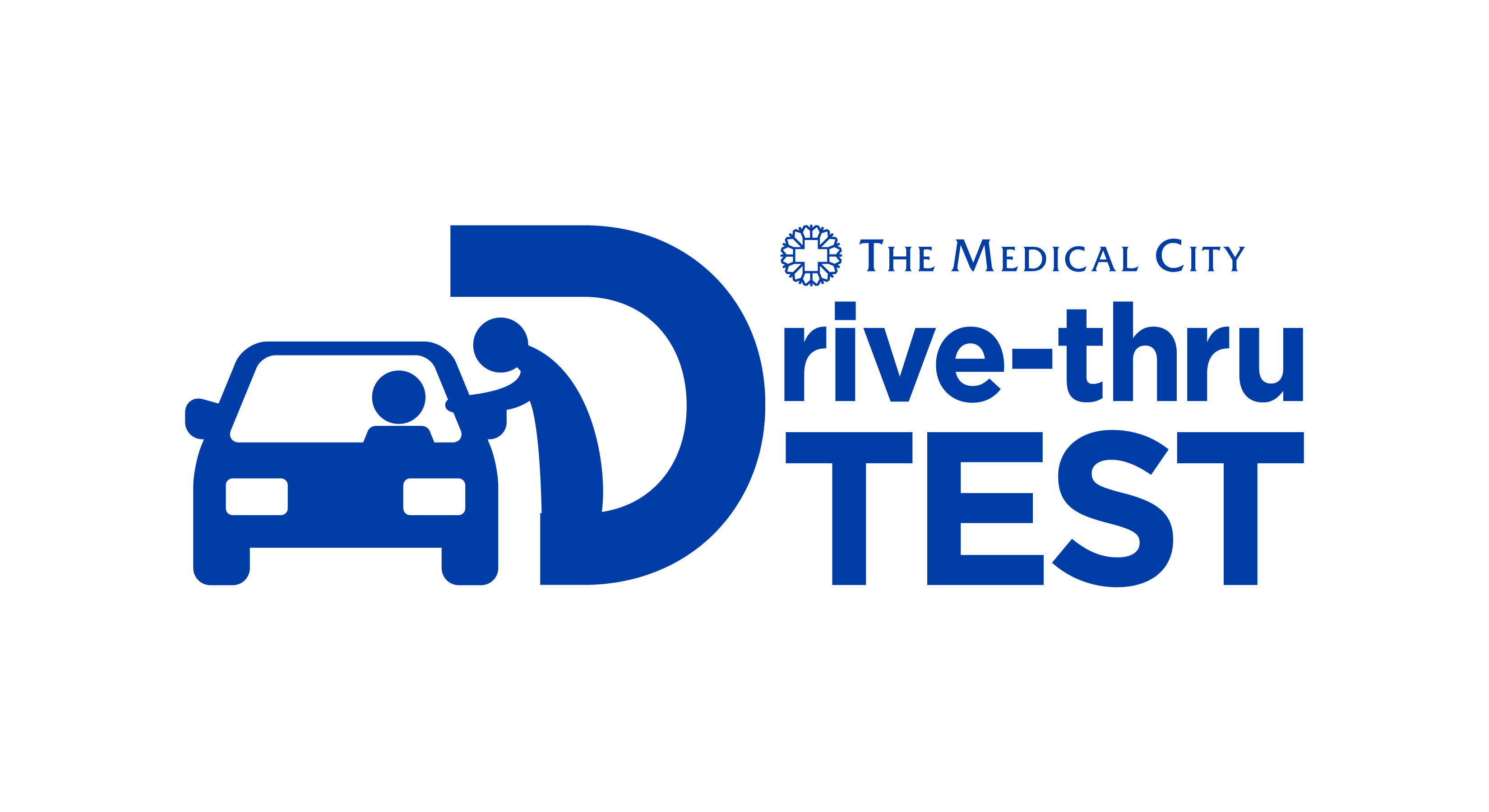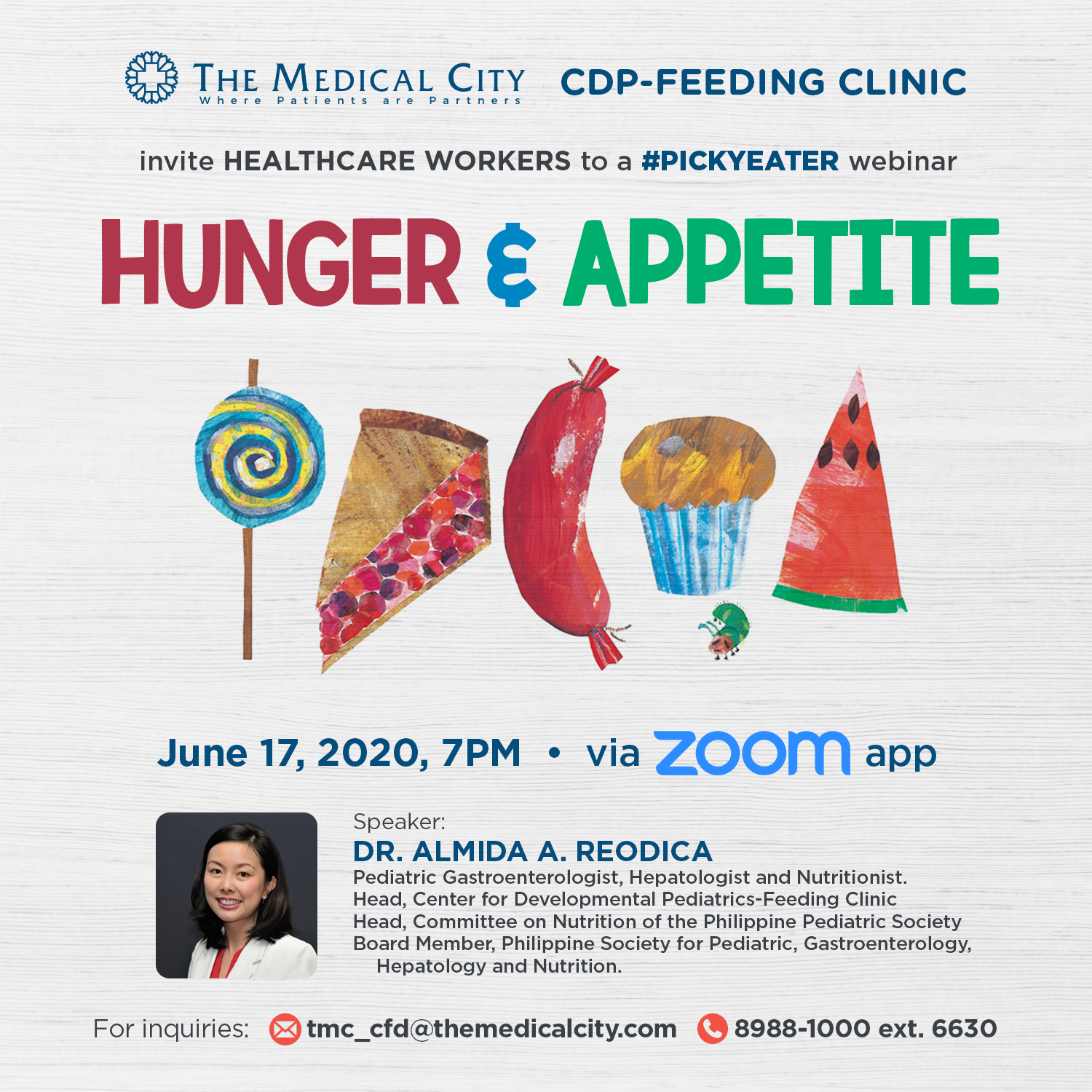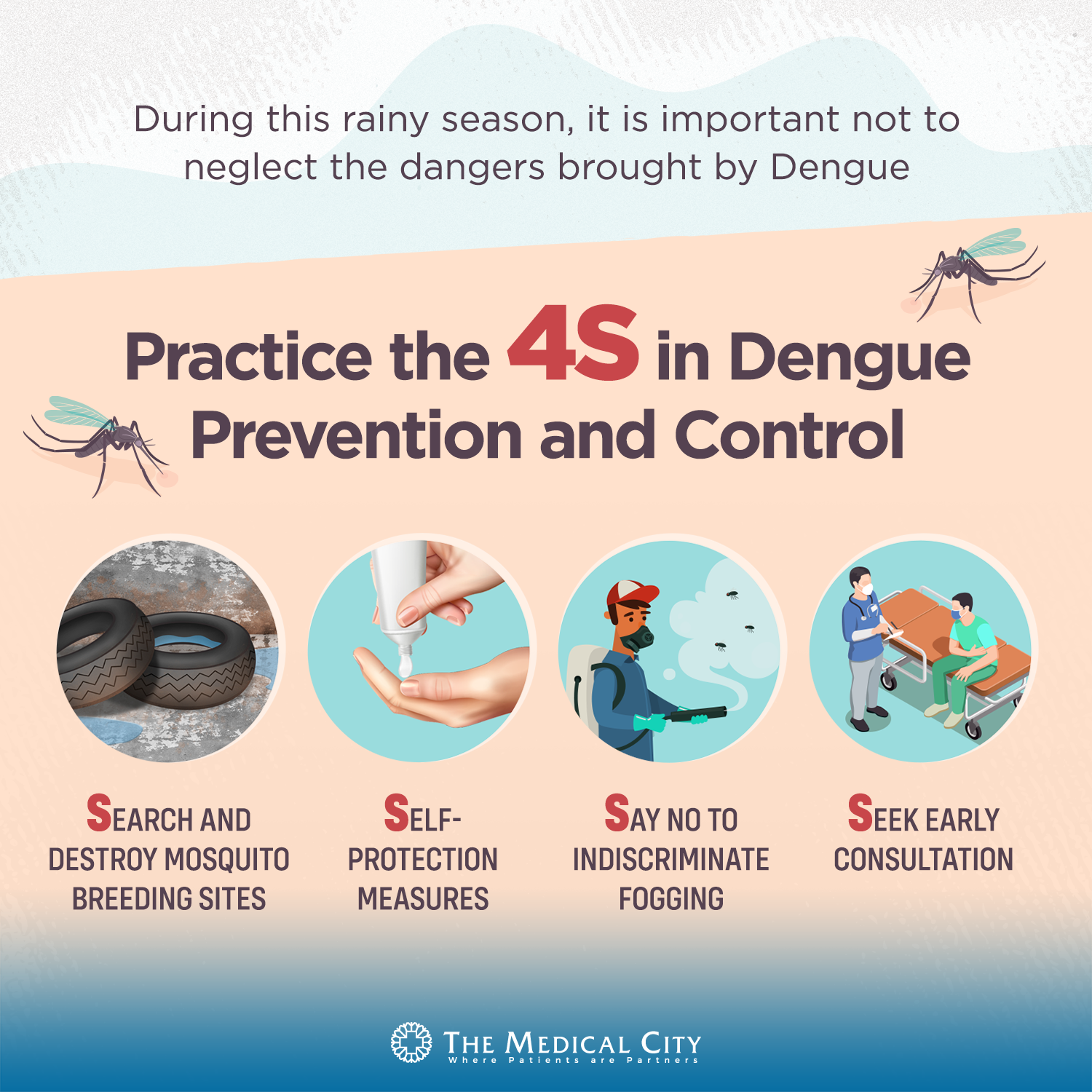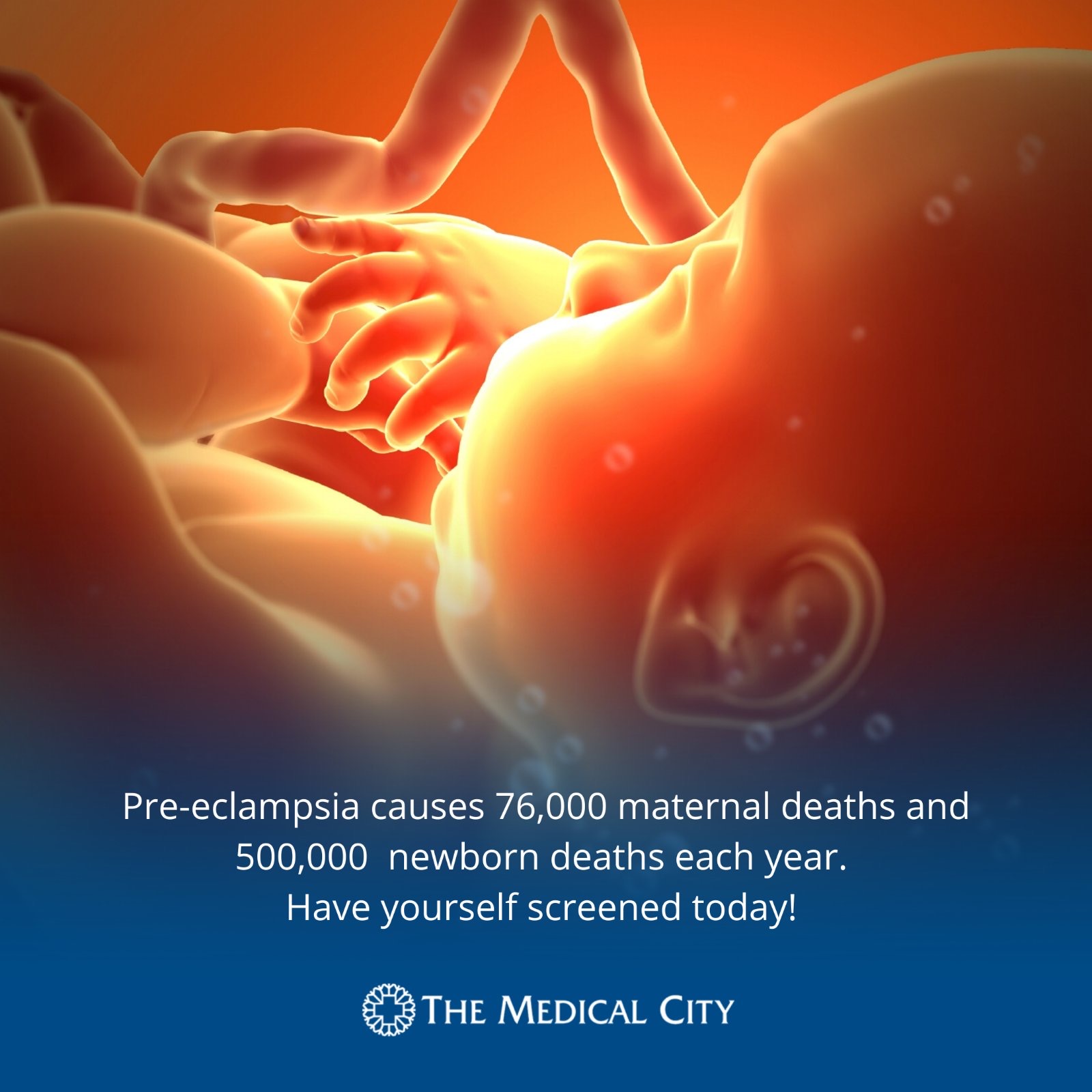COVID-19 Online Screening Tool: Answer on your smartphones or computers within 24 hours prior to your visit to The Medical City.
Heart Failure Clinical Care Program at The Medical City
By Simonette Kristine T. Sawit, Head of Heart Failure Clinical Care Program, and Head of Advanced Cardiac Imaging (MRI/CT) | February 01, 2021

Heart failure (HF), which may start suddenly (acute) or can be ongoing (chronic), means that the heart muscle does not pump blood as well as it should. When this happens, the body is deprived of oxygen- and nutrient-rich blood supply. This results in symptoms such as shortness of breath, fatigue, swelling in the legs, and abdominal bloating. Daily routine activities can then become very difficult.
As I hear the familiar tone of the video call connect through, I waited for the other person to pick up. Suddenly, a familiar face appeared on the screen with a warm smile, a patient known to me, whom we have been following for a few months now. We say hello like old friends, a relationship born of familiarity transcended from a doctor-patient relationship, and start our pleasant conversation. This is The Medical City Heart Failure Clinical Care Program (HFCCP). Patients who come to the hospital with heart failure, short of breath, and frightened, for what could possibly be the worst time in their life, now turned into an opportunity to improve their medications, monitor their progress, even fall backs, with the goal of lessening these unpleasant experiences.
Heart failure (HF), which may start suddenly (acute) or can be ongoing (chronic), means that the heart muscle does not pump blood as well as it should. When this happens, the body is deprived of oxygen- and nutrient-rich blood supply. This results in symptoms such as shortness of breath, fatigue, swelling in the legs, and abdominal bloating. Daily routine activities can then become very difficult.
Anyone can develop HF. It can even happen as you age, but most people with HF have pre-existing heart conditions. The most common heart conditions that can cause HF are coronary artery disease (blockages in the arteries supplying blood to the heart), high blood pressure and a previous heart attack. Diabetes, obesity, smoking, a diet rich in fat and physical inactivity can also contribute to heart failure. These conditions and lifestyle factors either damage the heart muscle or make it work too hard.
Not all conditions that lead to HF can be reversed, but with the right medical treatment and a healthy lifestyle — such as exercise, reducing salt and sugar in your diet, smoking cessation, avoiding alcohol, managing stress and losing weight — you can live a full and active life. So it’s important to see your doctor right away and schedule regular check ups.
The HFCCP at The Medical City was established to treat and monitor HF, improve quality of life, prevent rehospitalization, and engage patients and their families in active management through education and lifestyle changes. Our HF team includes experts in cardiology, nursing, physical therapy, nutrition, pharmacy, and other specialties.
Enrollment into the program begins with a referral from the primary doctor or Attending Cardiologist. A HF team approach in the plan of care follows current HF guidelines and recommendations in assessment and diagnosis, optimization of medical therapy, referral to specialties as needed, such as revascularization (stents or surgery), device therapies (pacemaker, defibrillator, resynchronization therapy), and referral to an Advanced HF Specialist (for those with continuous symptoms despite optimum therapy). The program includes patient and family education and regular monitoring of HF care after hospital discharge. We aim to meet the growing challenge of caring for the HF population in the country.
The Medical City Heart Failure Clinical Care Program is headed by Dr. Simonette Kristine T. Sawit and Dr. Glenn Rose Advincula. For more information, contact The Medical City Cardiovascular Institute at 8-9881000 ext. 6314.
Dr. Simonette Kristine T. Sawit is the director of the Heart Failure Clinical Care Program and head of the Advanced Cardiac Imaging (MRI/CT) of The Medical City Ortigas Cardiovascular Institute.
Related News SEE ALL NEWS

Health
The Gift of a Second Life
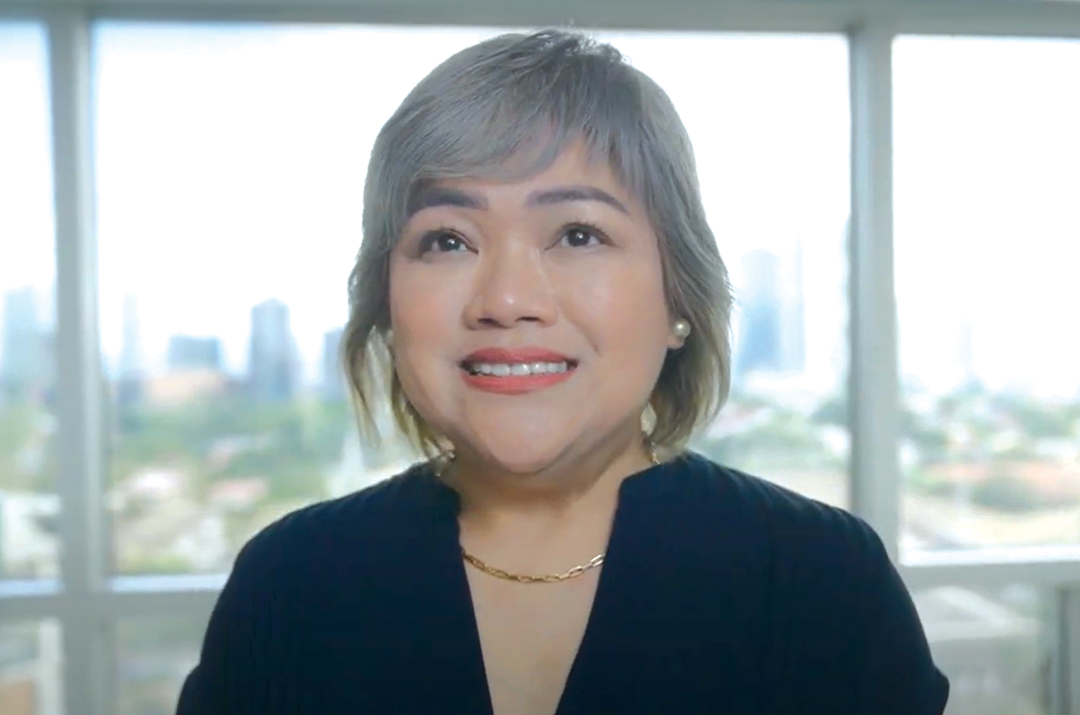
Health #MyTMCExperience Press Room
She Thought It Was Just Heartburn—It Was Actually a Heart Attack
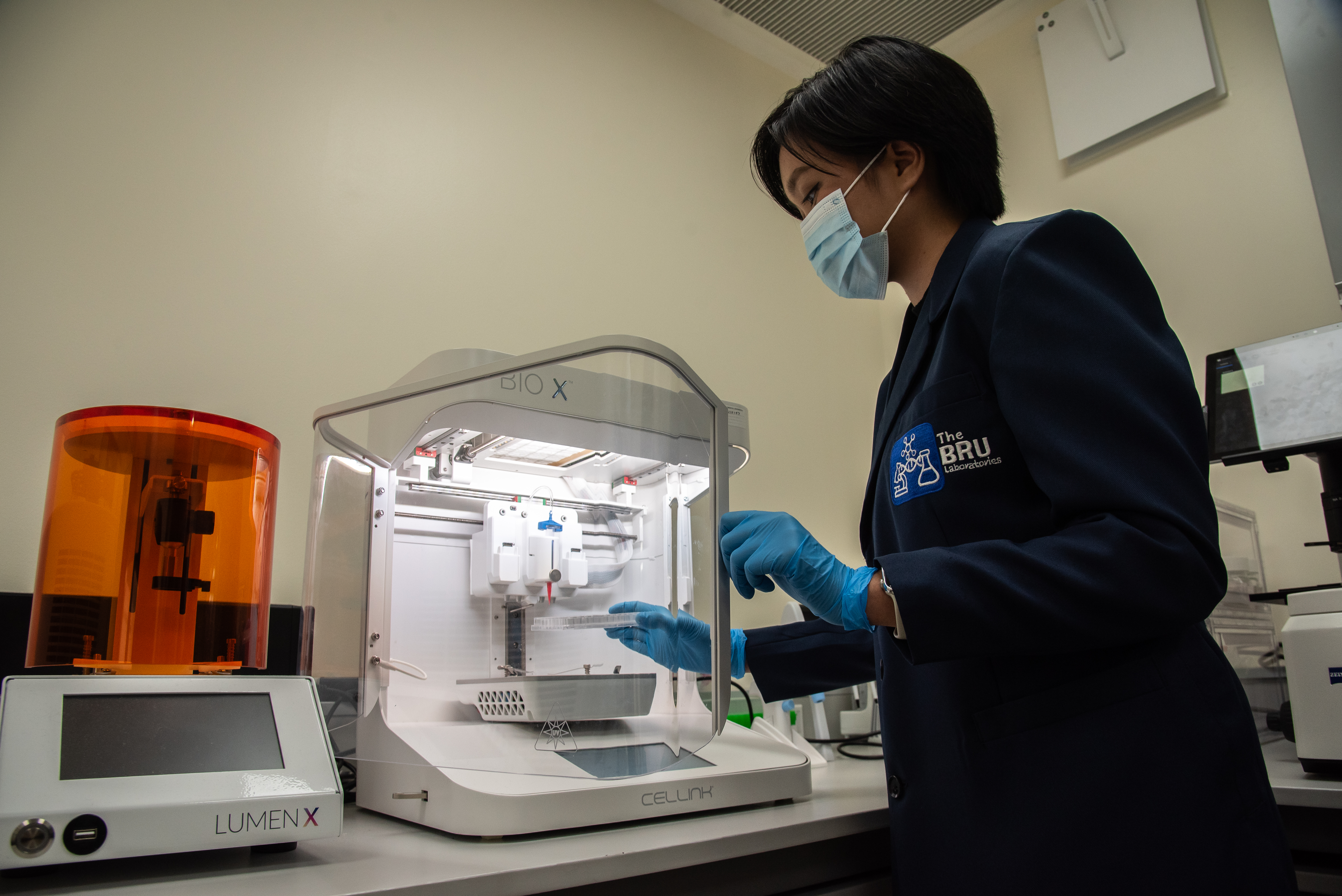
Health Research
Tissue Engineering for a Future without Organ Shortages
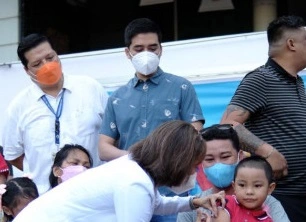
Health Press Room
Chikiting Ligtas: Addressing the Gap in Immunization Coverage

Health Corporate
Notice to the Shareholders of Professional Services Inc. (PSI)

Health Corporate
Notice to the Shareholders of Professional Services Inc. (PSI)

Health Corporate
Notice to the Shareholders of Professional Services, Inc. (PSI)

Health #MyTMCExperience
Friendship goals: See the world better, TOGETHER
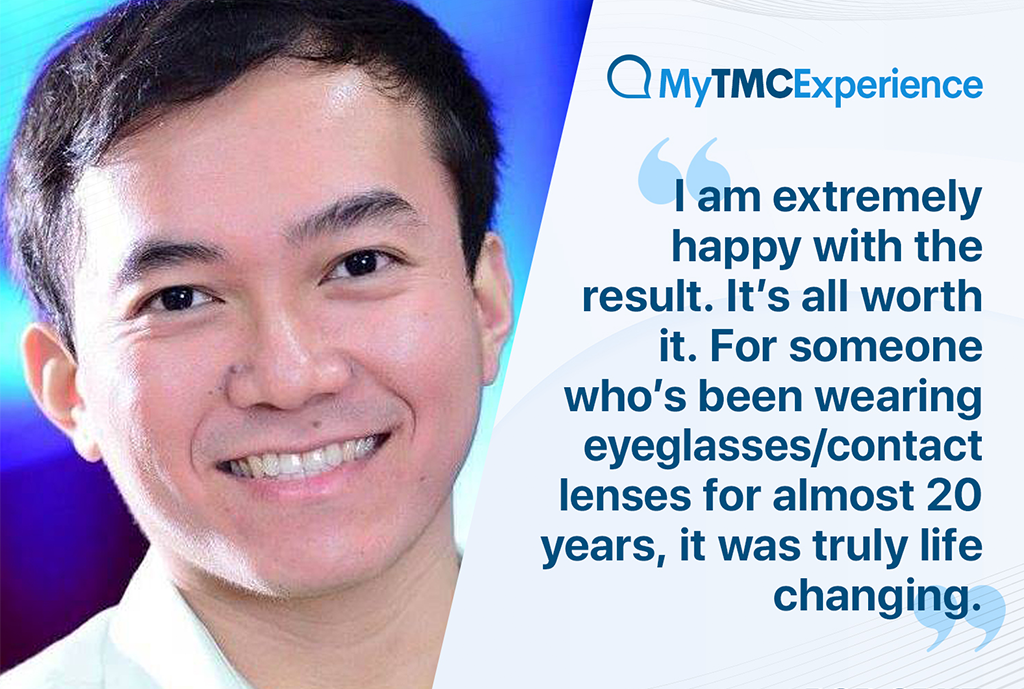
Health #MyTMCExperience
#MyTMCexperience: Rod Cruz
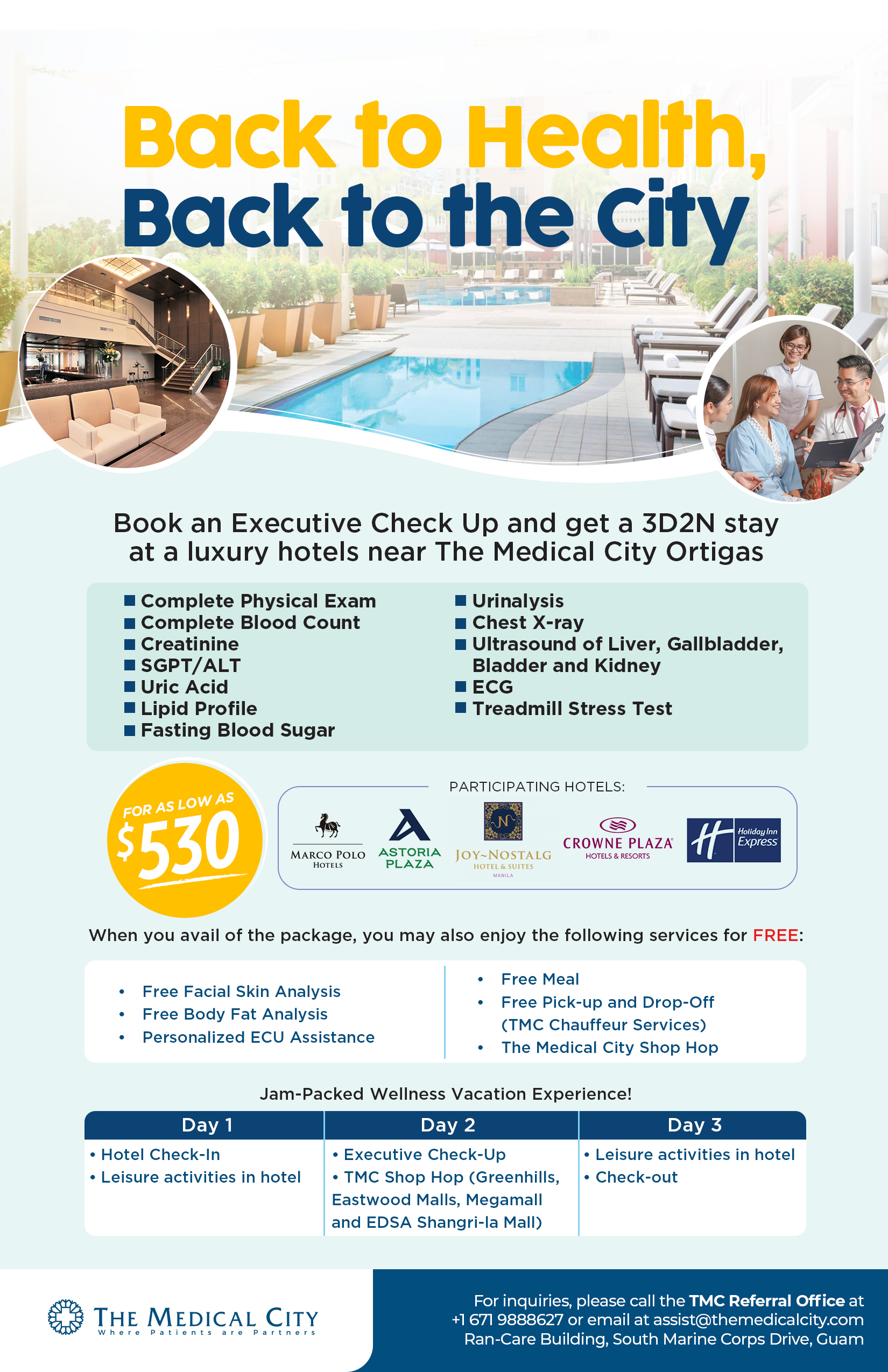
Health TeleHealth COVID-19
Back to Health, Back to the City
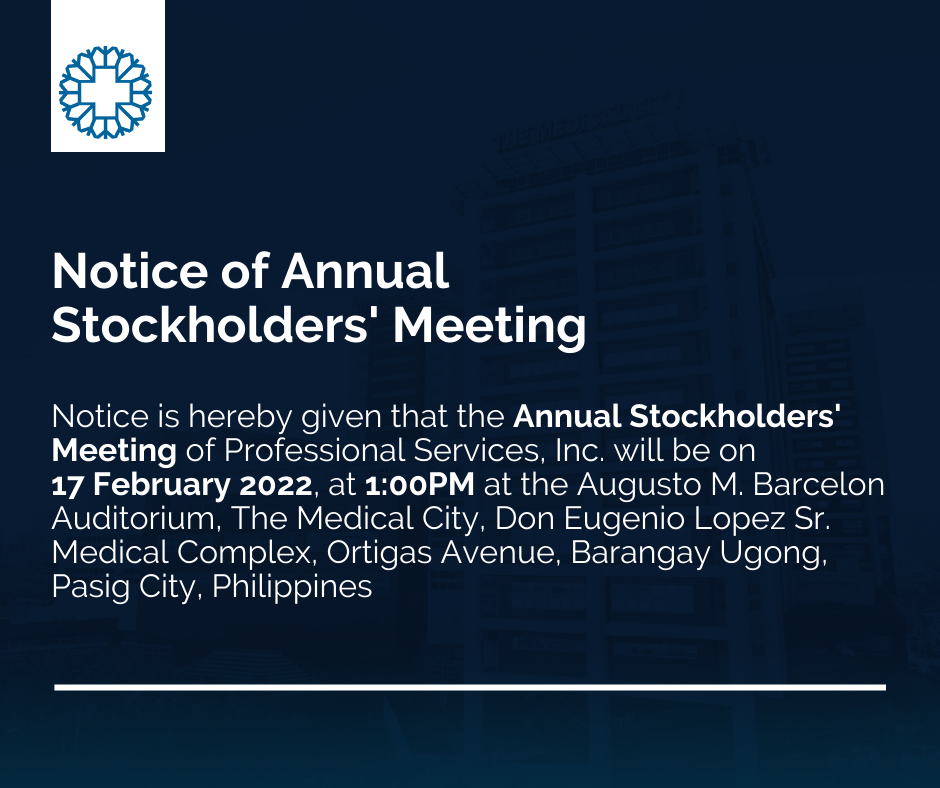
Health Corporate Advisories
Notice of Annual Meeting of Stockholders

Health Corporate
Pedalling through Safety

Health
Diabetes and COVID-19

Health
FAQs on Patient Portal

Health
2021 Holy Week Schedule
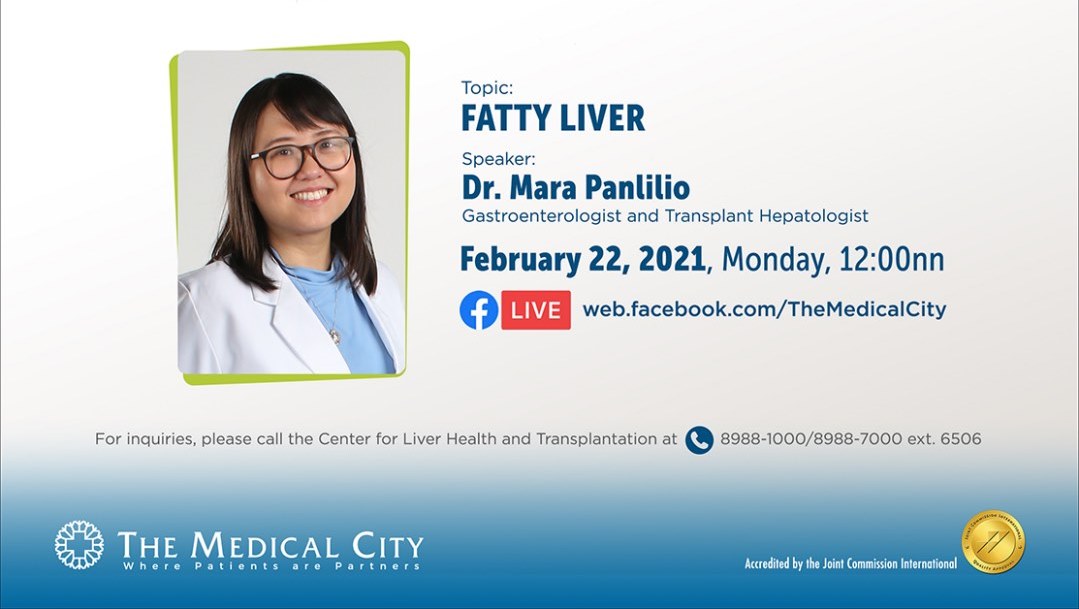
Health
How serious is fatty liver?
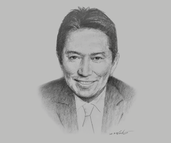
Health Desk of the President
Oxford Business Group: The Report 2021 - Addressing the Gaps

Health TeleHealth
Need an advice from an Orthopedic Specialist?

Health
Welcome 2021 in good health
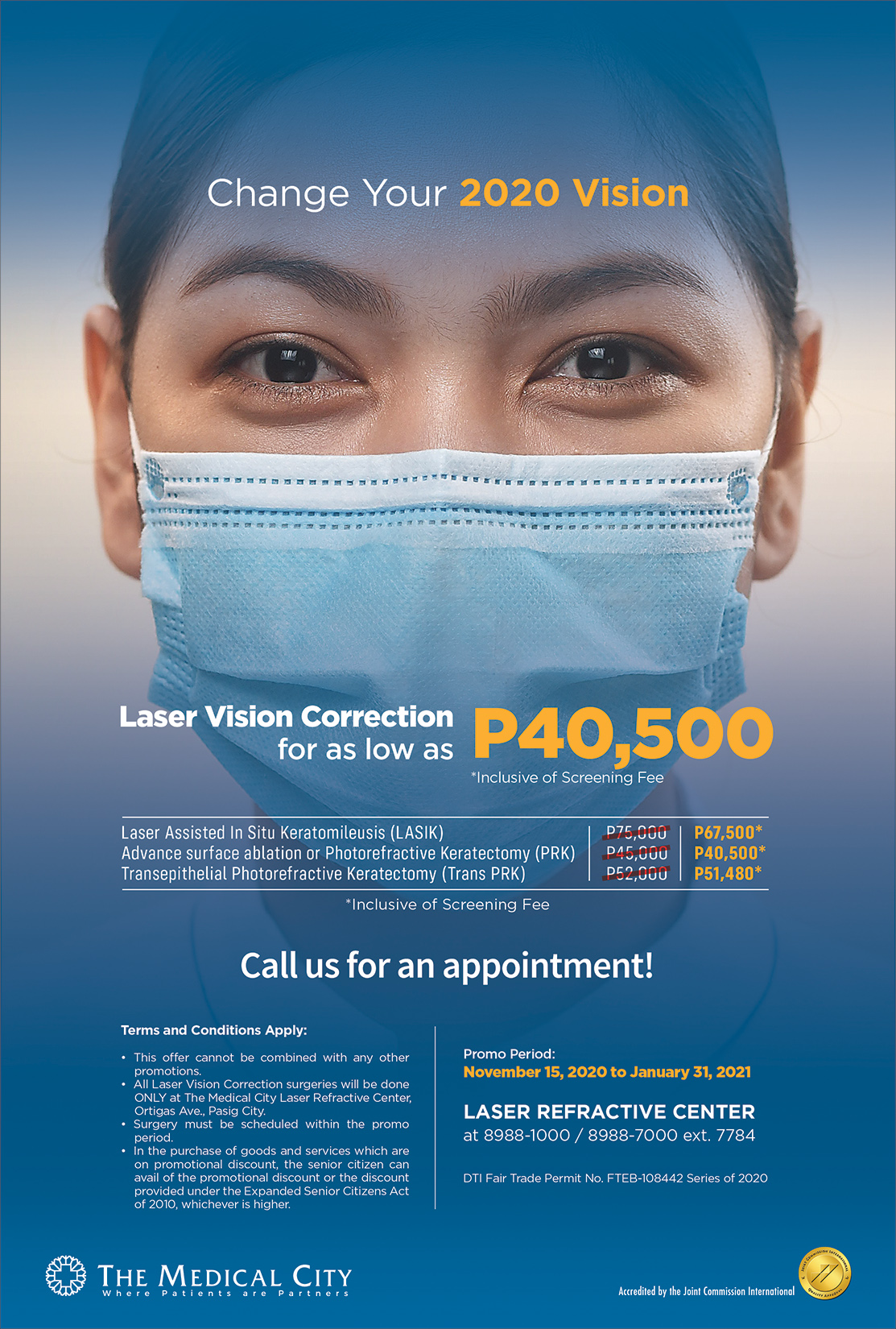
Health
Change Your 2020 Vision

Health COVID-19
Convalescent Plasma Donation for COVID–19 Survivors
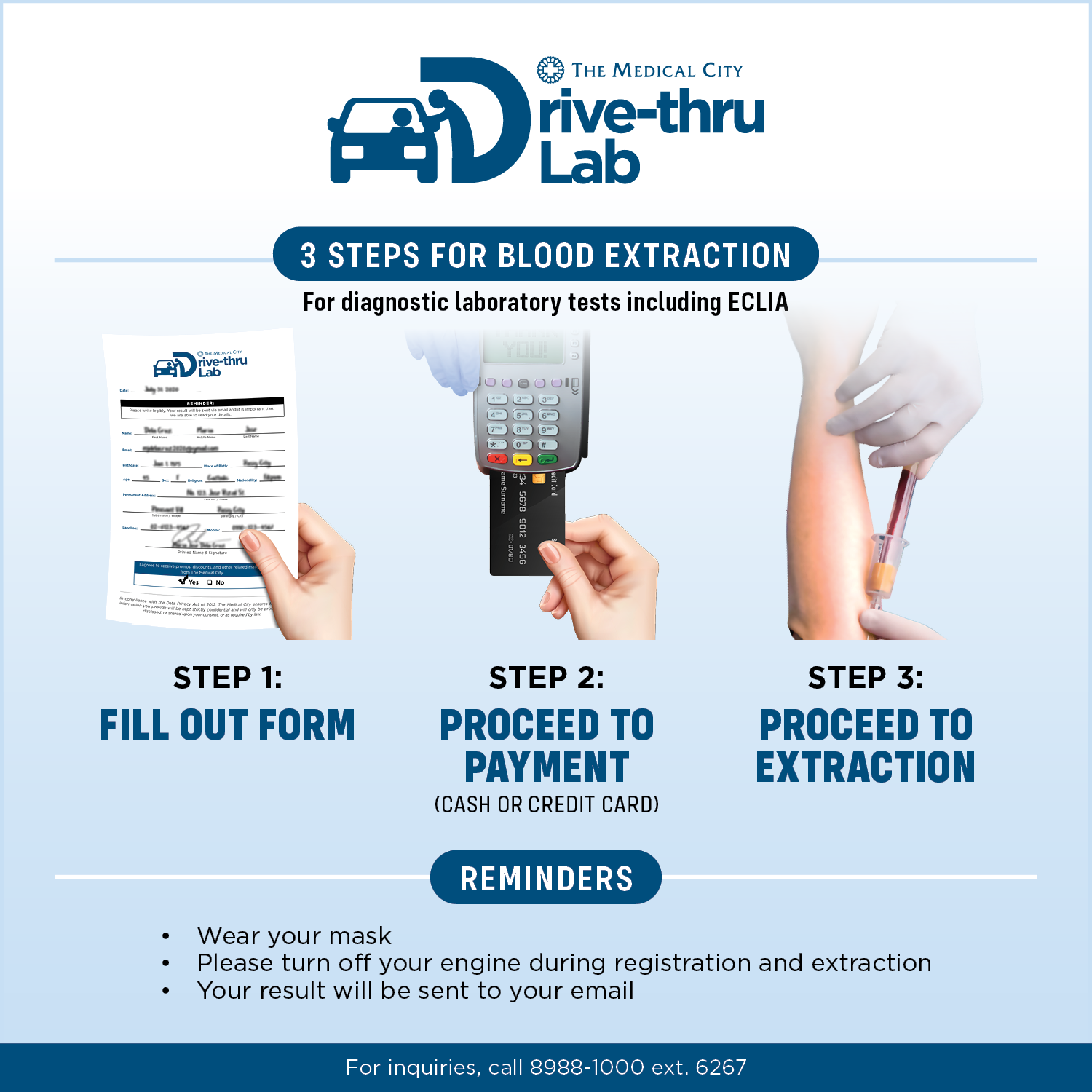
Health
FAQs on TMC Drive-thru Lab

Health
Be in and out in 90 minutes

Health
Schooling in the New Normal
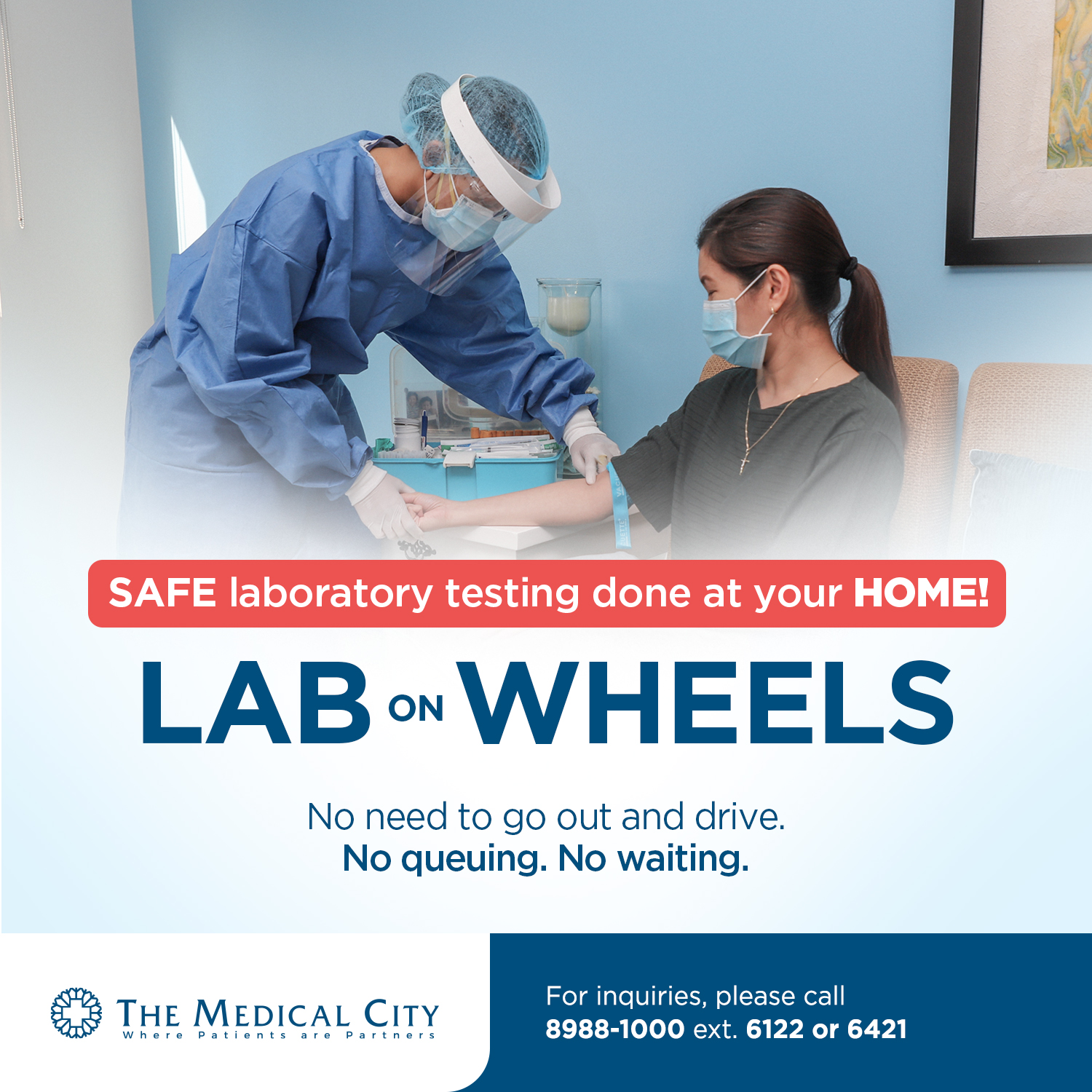
Health
TMC Lab on Wheels

Health
Autism

Health
Eye Health in Computer Work

Health
Speech Delay
Copyright © 2020 The Medical City. All rights reserved.

